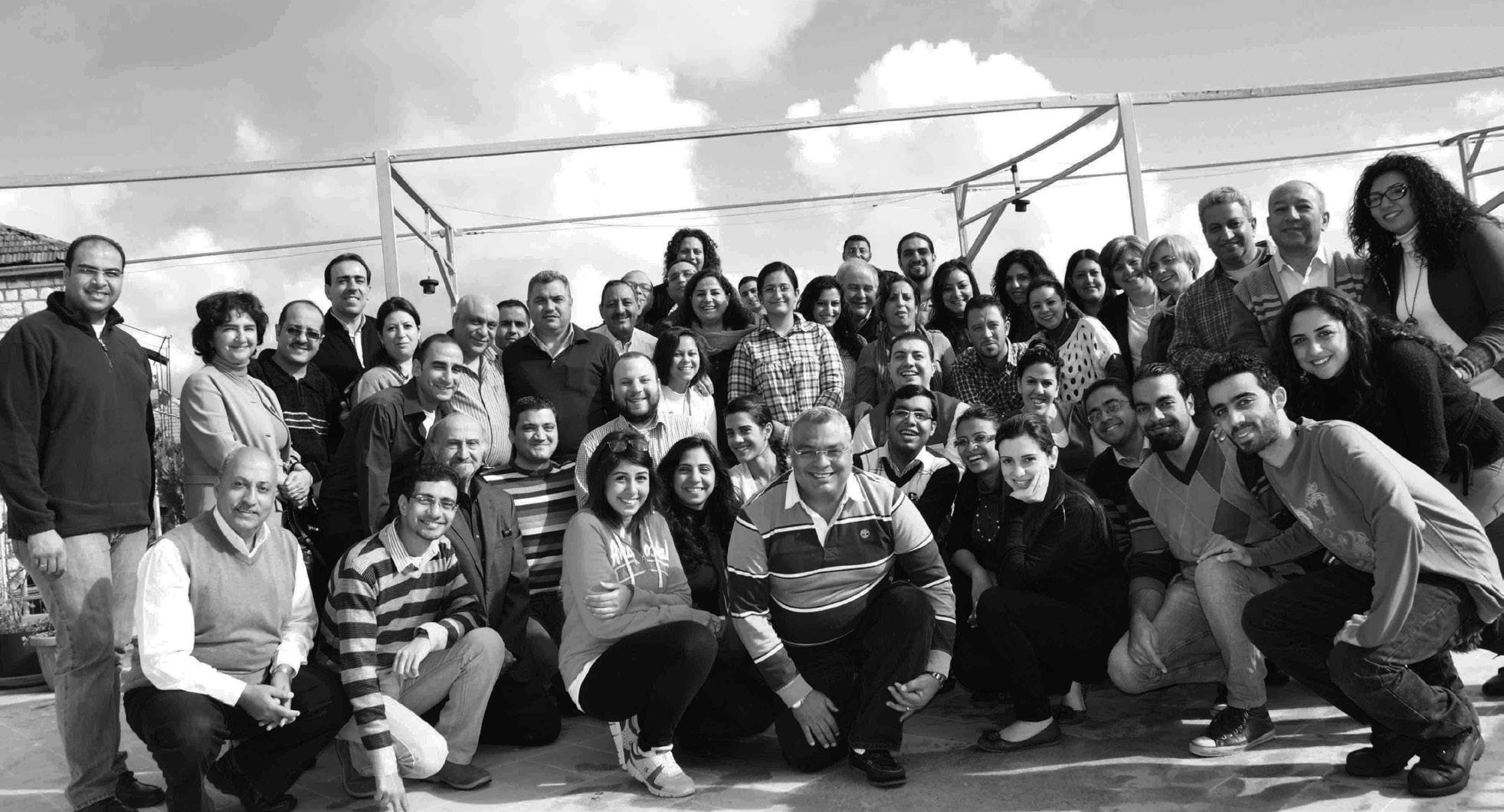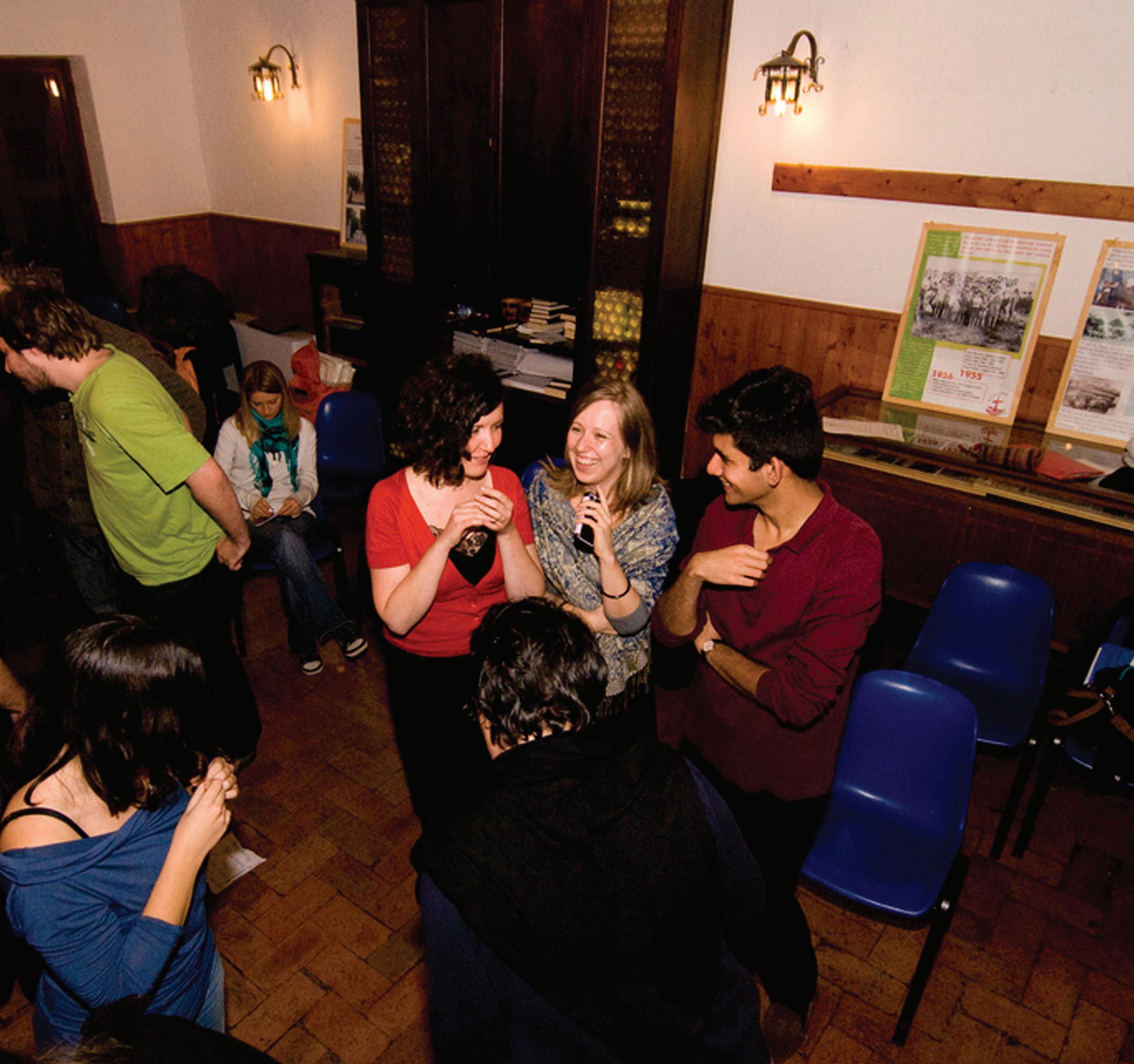World Student Christian Federation Europe Region
Ecumenical Journal, 2013/Special Issue
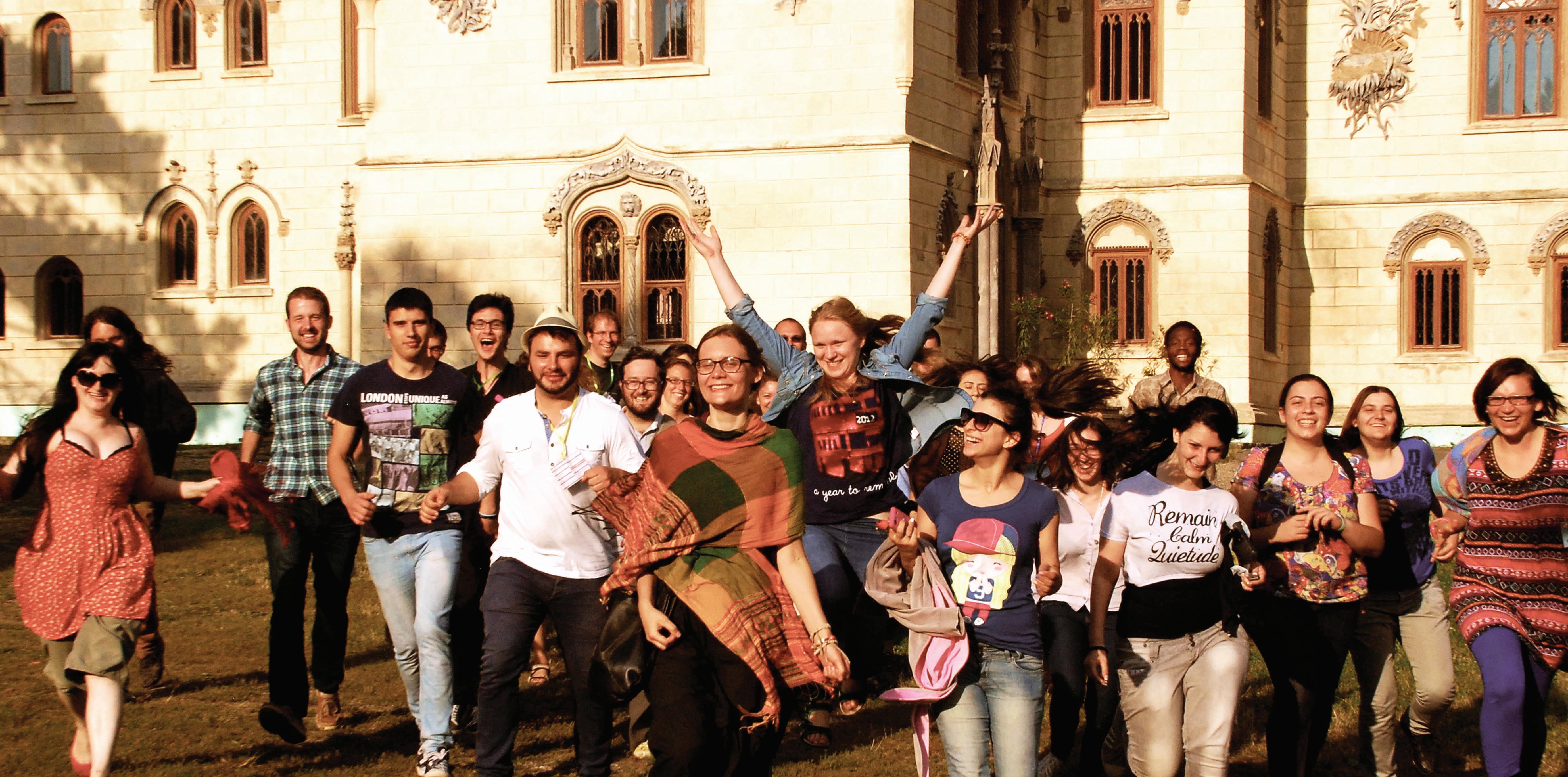

World Student Christian Federation Europe Region
Ecumenical Journal, 2013/Special Issue

Mozaik (established in 1992) is the ecumenical journal of the World Student Christian Federation (WSCF, 1895) Europe Region, published two to three times a year. It aims to reflect the wide variety of opinions and viewpoints present among the different Student Christian Movements (SCMs) in ecumenical dialogue. You can find us Online at wscf-europe.org.
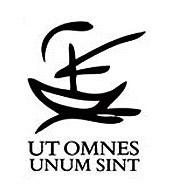
This project has been funded with support from the European Commission. This publication reflects the views only of the author, and the Commission cannot be held responsible for any use which may be made of the information contained therein.


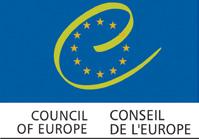
Editor-in-Chief:
Pawel Pustelnik (Cardiff, United Kingdom)
Editor:
Miro Pastorek (Púchov, Slovakia)
Proof reading:
David J. Cleary (Dublin, Ireland)
Art Editor:
Mária Bradovková (Vranov nad Topľou, Slovakia)
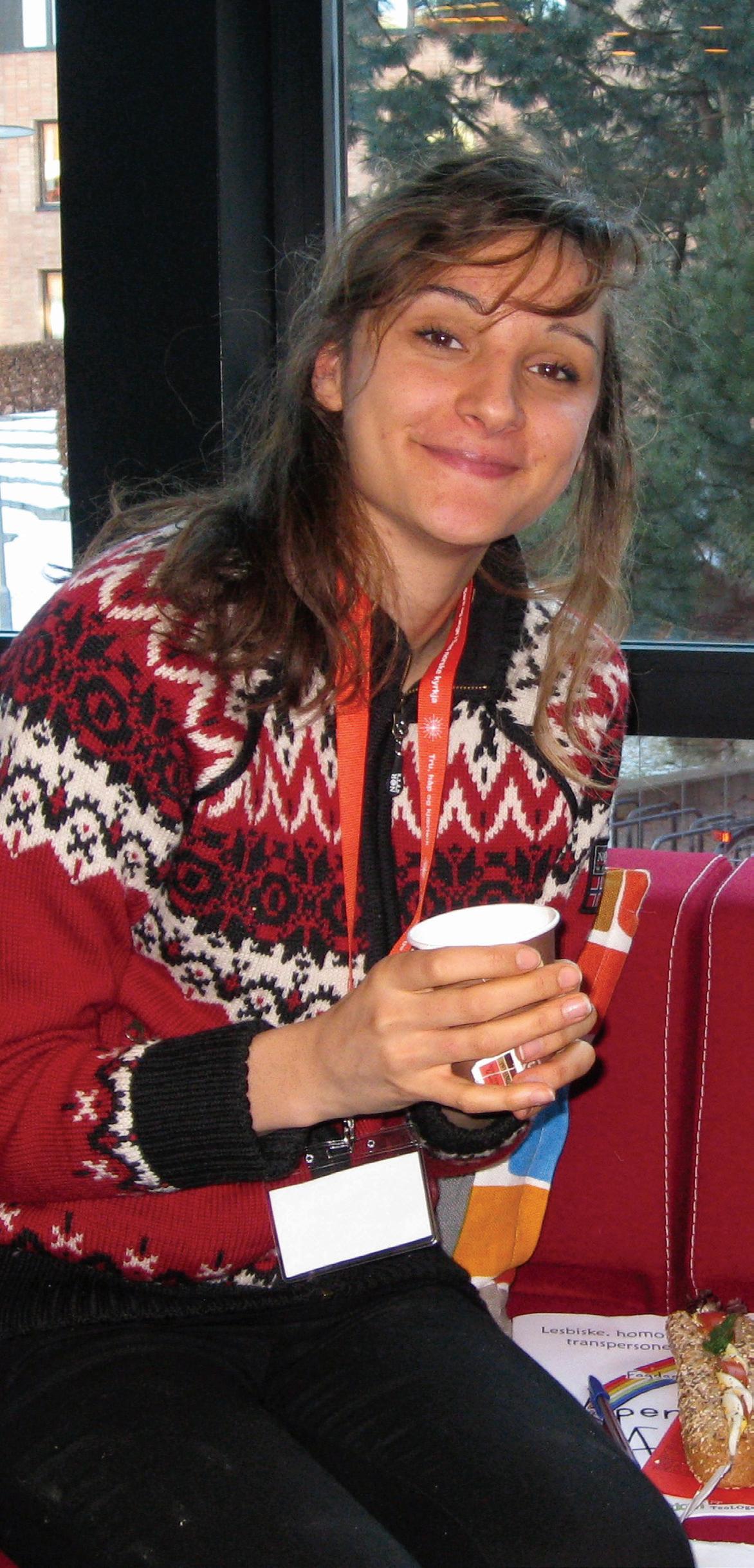
Address:
WSCF Europe
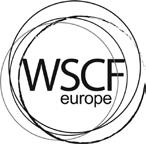
Storkower Straße 158 #710 D-10407
Berlin, Germany
ISSN 1019–7389
Make every effort to keep the unity of the Spirit through the bond of peace.
― Ephesians 4:3I also believe that it's almost impossible for people to change alone. We need to join with others who will push us in our thinking and challenge us to do things we didn't believe ourselves capable of.
― Frances Moore LappéWhat should young people do with their lives today? Many things, obviously. But the most daring thing is to create stable communities in which the terrible disease of loneliness can be cured.
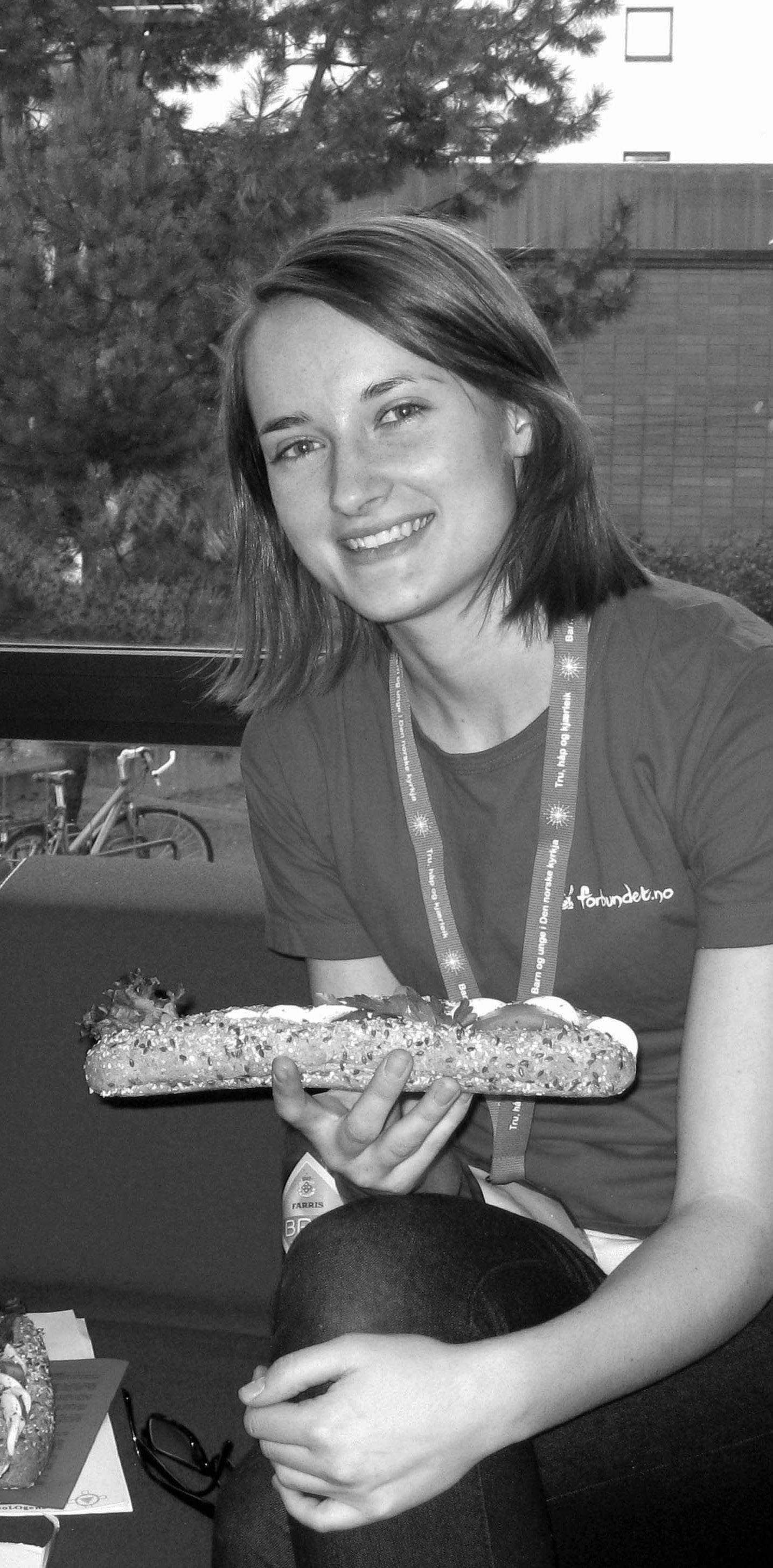 ― Kurt Vonnegut
― Kurt Vonnegut
It has been two years since we last met at the European Regional Assembly (ERA). Twenty-four months full of planned and unexpected events, successful discussions, attempts to make World Student Christian Federation (WSCF) better, closer to people and more dedicated to building wise, accepting and welcoming ecumenism. It has also been hours of discussions and hundreds of cups of tea and coffee (let’s hope it was all fair trade!) about the present and the future. Now we meet again and try to see the changes that happened to the Federation, Student Christian Movements and to us, the individuals who create the beauty and persistence of the organization built on mutual understanding, respect and safe space.
One of the purposes of the European Regional Assembly is to democratically choose the new European Regional Committee (ERC), a body that steers the work of WSCF-E. In the last two years Sofie, Vera, Marta, Zuzka, Libby, Kristin, Marco, Artturi and Shannon were enthusiastically volunteering on various positions in the ERC – I would like to take this opportunity to thank them for their involvement and passion for their work. I would like to wish the new ERC a lot of courage to take up challenges and power to be the voice of young European Christians.
It is my pleasure to provide you with this special issue of Mozaik, which showcases some of the WSCF-E activities in the recent two years, the experiences of people who work for the Federation and exciting news from other regions.
The WSCF Europe Office and its Staff
- Sofie Bonde Eriksen
What is this thing called World Student Christian Federation (WSCF)?
- Sofie Bonde Eriksen
Doubts on the Danube
- John Delap
Student Christian Movement in Norway –Norges kristelige studentforbund
– Gaute Braekken
Polish does not always mean Catholic
– Magdalena Nasuta in conversation with Pawel Pustelnik
The Young Christians for Peace and Democracy
– Mirian Gamrekelashvili
Short-term gain, long-term pain
– David Cleary
Not anger but pity – Ole Madsen
While the rich man enjoyed his wealth… Jackline Kayatta
4 | What´s on?
Native speakers in Romania
– Alex and Sarah Moore
Lingua Franca today and tommorow
– Lucian Cirlan in conversation with Pawel Pustelnik
My way to change the world
– Lina Leonavičiūtė
Report on WSCF Staff and Officers meeting, February 2013, Vienna, Austria
– Annelies van de Steeg
5 | WSCF in the world
Moving toward... Colombia!
– Shantha Ready Alonso
WSCF Middle East: Youth and Prayers – Elsy Wakil
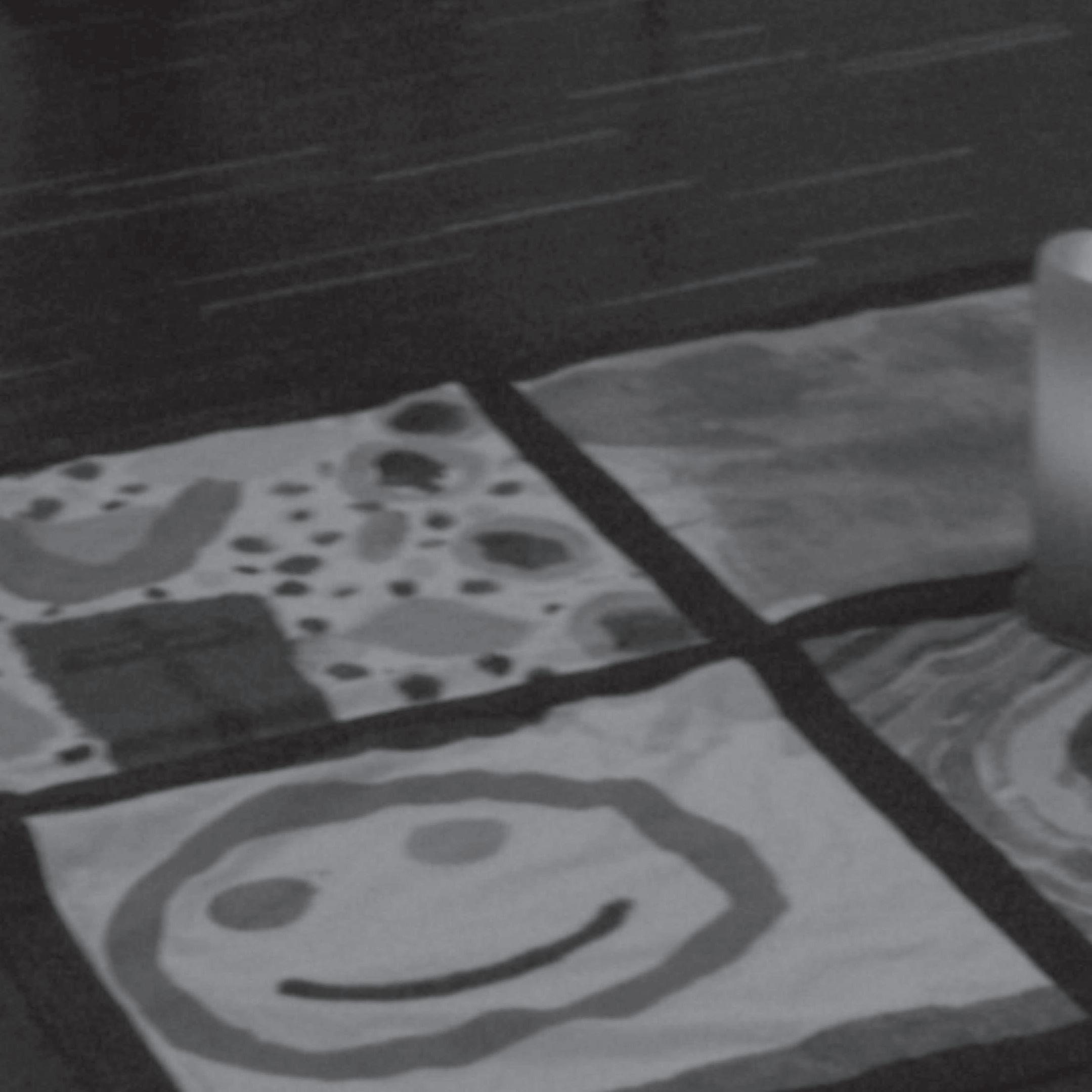
We asked three different SCMers to reflect on the same Bible passage. David, Ole and Jackline share their thoughts on Luke 16:19-31.
From him the whole body grows, fitted and held together through every supporting ligament. As each one does its part, the body grows in love.
― Ephesians 4:16 (NET)
[Neighbor is] not he whom I find in my path, but rather he in whose path I place myself, he whom I approach and actively seek.
― Gustavo Gutiérrez
Short-time gain, long-term pain – David Cleary
Not anger but pity
While the rich man enjoyed his wealth… – Jackline Kayatta
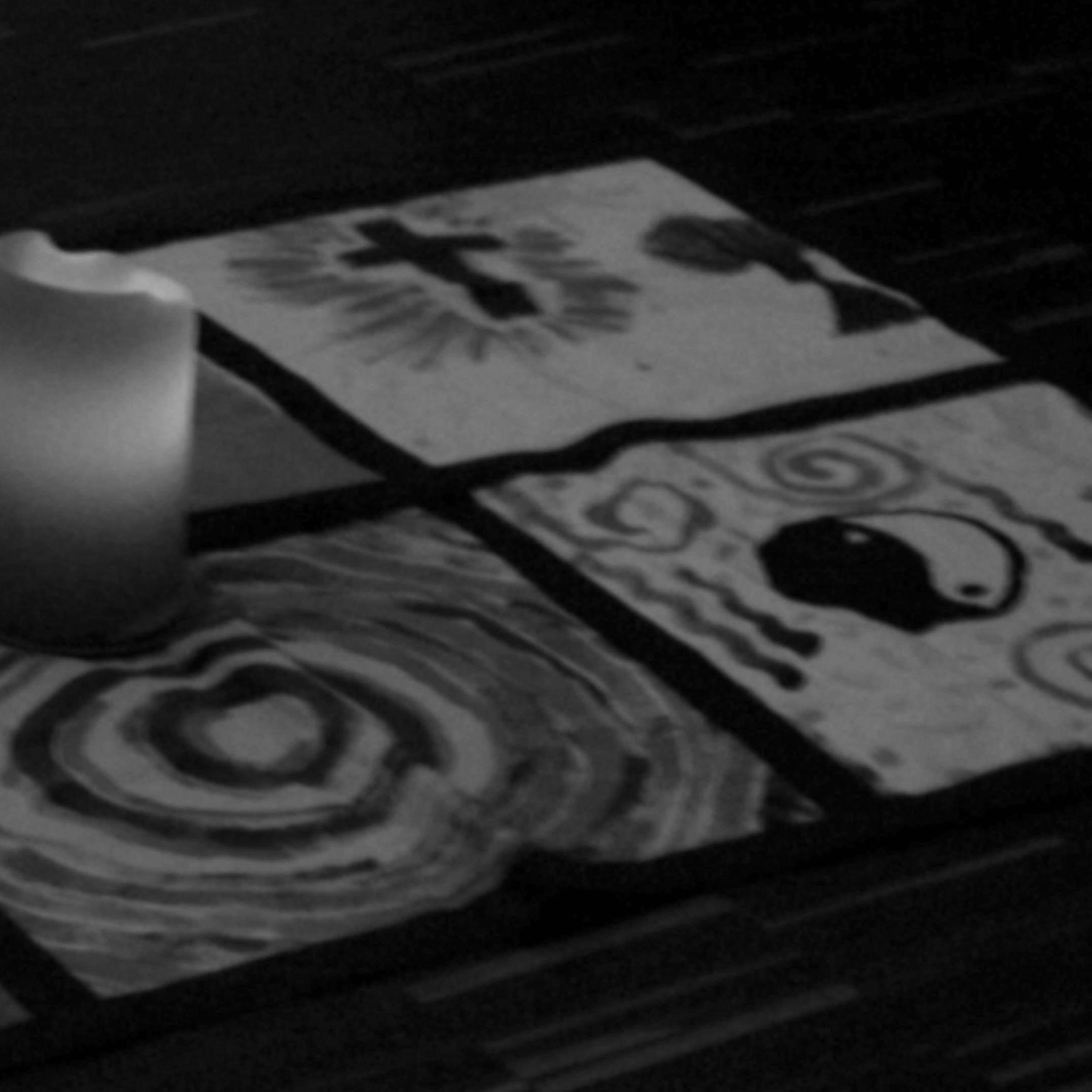
I think it is very significant that Luke puts a name on poor, suffering Lazarus and not the privileged ‘rich man’ who features so heavily in this ever relevant parable. In contrast to the society of today (or 2000 years ago for that matter) where success is typically measured in material terms or one’s celebrity status, the hero of this parable is the man who had nothing and was overlooked throughout his tough, lonely life. This ‘anti-fairytale’ portrays the princely, insular and comfortable life lived by the elite rich man and his privileged family as being shallow and insubstantial. I believe this parable also tells us that the double tragedy of Lazarus’ suffering in this world and the unnamed rich man’s in the next, could have been avoided had they followed Christ’s timeless teaching.
For me, the parable of The Rich Man and Lazarus reveals what Christ thought about those who place their exuberant material needs ahead of and at the expense of, neighbours less privileged then themselves. It is a harsh and tough lesson for those who believe they can live their lives regardless of the consequences. In trying to guess the rich man’s motivations, I am going to give him the benefit of the doubt and believe he was just blind to Lazarus’ constant presence as he entered and exited his palatial home each day. Assuming this was the case, what did his actions say about a person who so rationalised the existence of the have and have nots in society that he remained totally unmoved by the poor
man’s plight? What kind of man could ignore a fellow human, starving and suffering with agonising open sores by his gateway for years? Of course he was not alone in his total ignorance of Lazarus; Luke says that only the dogs in the street provided the poor man succour. So clearly the community in which the rich man lived did not pay Lazarus much heed either.
also”. (Lk 12:34). If tangible material treasure is what fills your heart, then what room is left for God? Perhaps that is the most frightening thing about riches and the desire for wealth. It conjures up the possibility of being independent from the rest of humanity and God. ‘If I was rich why would I need anyone else’?
However I believe God never gives up on us, even the super-wealthy. Christ does not say it is impossible for a rich man to enter the Kingdom of God, just extremely difficult…described in Luke 18:25 as “being easier for a camel to pass through the eye of a needle”. Wealth would therefore appear to be like excess weight. Lose the wealth-blubber and you will fit through the narrow door!
The rich man insulated himself from the suffering around him and took comfort and pleasure in the riches which made his (and his family’s life) easy. Perhaps he never gave a second thought to the next life, living for the moment and never challenging the convenient status quo. I believe this way of thinking prevails more than ever in this world, despite two thousand years of Christ’s teaching. I think humans are ever-capable of rationalising a problem away to the extent that they learn to successfully numb their conscience, convince themselves that it’s ok to be selfish and thus deny themselves their chance at redemption. In a way, the rich man was blessed to have had the daily reminder of human suffering in the world; he couldn’t but avoid poor Lazarus at his front gates. I pity those wealthy people who so isolate themselves in elitist, gated communities that they create and inhabit a Godless world for themselves.
There is another rather unfortunate side effect of wealth and riches. If the pursuit of material wealth becomes the primary aim in life, I believe it will consume our very best selves. It distances us from God; hence the warning from Christ “where your treasure is, there your heart will be
No matter how wealthy we are, we are all still vulnerable, mortal human beings, prone to the same diseases and lifethreatening conditions. I believe God will always provide us with the necessary opportunities to repent; that is, the chance to turn back to Him. How? By reminding us of His presence in our neighbours in need all around us. Until we collectively listen to Christ’s teachings to instigate the Kingdom of God here on earth as it is in heaven and create an equal and just world, the poverty of those in need will always act as a reminder to slow down, be selfless and generous and take action when confronted with the suffering around us. �
David Cleary was born in 1980. He returned to college for the forth time recently (he has degrees in History, Economics, Business Studies and Law) and he will complete his Higher Diploma in Digital Marketing and Copywriting in September 2013. David is a Roman Catholic and loves the spiritual depth and guidance found within the Jesuit Order’s Ignatian Spirituality programmes. He is a board member of the newly reconstituted SCM Ireland.
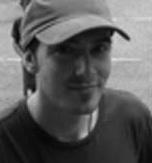
I pity those wealthy people who so isolate themselves in elitist, gated communities that they create and inhabit a Godless world for themselves.Ole Madsen
Jesus tells this little story as a follow up on the scoffing at Him by the Pharisees, ”who were lovers of money”. They could not and would not understand His word on making friends by means of unrighteous mammon. Jesus patiently illustrates His point with a story of the consequences of living a life like the rich of this world at the expense of the poor of this world. Interesting here is the turning up and down of our well known world in the afterlife. The rich man goes to Hades and the poor man goes to Abraham's bosom. What the poor man dealt with in the world is to become the suffering of the rich man. There is no mercy after life to a man that showed no mercy in life.
In the Old Testament the highly estimated King David one day reveals his inner demons taking Bathsheba as wife with one hand while killing her husband Uriah with the other. The prophet Nathan illustrated David's sin by telling him a story: There was a rich man living in all his wealth. One day the rich man is being visited by renowned men from afar. Instead of taking from his own wealth to share with the visitors, he took a lamb from a poor man – the only one he had – in the village, it was his neighbor’s lamb. He slaughtered the lamb and gave it to the visitors as if it was from his own property. As you know David was at first very furious condemning the evil, rich and wealthy man to be slaughtered because he did such a thing and had no pity. Soon he realized that he had been sinning by relying on his own wealth and pride.
Like Nathan i Jesus, a well respected prophet though taunted by scribes and Pharisees for believing he was something like the Son of God. What he actually did was
Repentance cannot be done with a wicked heart because the humble repentance is the joyful answer to the Gospel.
pointing out how they knew the commandments, knew what to do – but never actually did it. No one likes to be pointed out as a hypocrite. Especially not if one is a proud, modern citizen fighting for human rights, ecology and equality through peace movements and such.
”We know what to do!” The stubbornness in these words of a self-righteous human foaming and yelling at the 1% richest or the suppressive regimes is like David yelling: ”As surely as the Lord lives, the man who did this [insert what ever injustice you could possibly think of] must die!” (2 Sam 12:5). As we build up anger towards the unrighteous(ness) in the world we do not realize, that our anger is not legal. Anger deprives faithfulness.
Not anger but pity should be our motivation. Pity based on the love of God. Anger builds a stubborn heart, pity builds the humble heart that never seeks its own honor but always rejoice in the liberation, the enrichment and the salvation of others. Jesus was the man who claiming to live a life according to the will of God never spared himself in his humble way of serving humanity by walking around preaching, teaching and reaching out the joyful news: ”Repent, for the kingdom of heaven is at hand” (Matt 4:17).
Why is it joyful to repent? Perhaps you would think that repentance is for the poor of heart that would like to achieve something – an easy way of winning everything. Repentance cannot be done with a wicked heart because the humble repentance is the joyful answer to the Gospel – it is giving up on your wickedness and stubborn pride realizing that God gave you everything for nothing. How you administer what ever God gave you whether much or little reveals your faith. If you rely on God in all things you would – or at least you could – gladly walk through life humbly preaching, teaching and reaching out the joyful message through words and action. Why? Because Jesus told you so? Because salvation lays in your own hands to achieve? Because the gates of Hell opens up and scorch
you, if you don't? Because the world is failing if you don't act?
Someone once lived his life seeking his own pride and wealth. Someone asked him, if that was the meaning of what God had given him, the good way to live? Someone is now asking you: Did you see that poor man? Was it okay to kill and eat his lamb? If you are willing to change there is another wealth and joy much greater ahead of you.
If nothing is changed within you – nothing is changing outside you. Repentance is to stop taking and start giving. Faithfulness is to put aside your pride and hunger for changes and start believing that when Jesus changes you, changes are flowing from your reaching, preaching and teaching. How could one ever grasp without reaching? �
Ole Madsen is a Master of Theology from the University of Aarhus, Denmark. He is 29 years old and searching for a post as minister in the Evangelical-Lutheran Church of Denmark. Theologically he is interested in the Apostle Paul, and he wrote his masters thesis on the Pauline understanding of anthropology starting with the Letter of Phillipians, a letter that still holds his personal and academic interest.
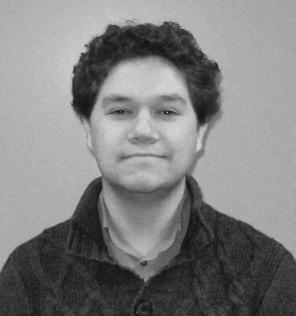
In Luke 16: 19-31, Jesus tells a story of a rich man who “clothed himself in purple and fine linen and…made merry in splendour every day” (vs. 19). At his gate was a poor man called Lazarus who was covered with sores (vs. 20). While the rich man enjoyed his wealth, the poor man was overlooked and spent his last days longing for the scraps that fell from the rich man’s table.
Eventually both the poor and rich man die and go to heaven and hell respectively. Suffering terribly in Hades, and seeing Lazarus happily seated next to Abraham across the divide in heaven, the rich man cries out to Abraham for assistance. He requests that he “pity him by sending Lazarus to dip the tip of his finger into water and cool his tongue” (vs. 21-24). In response, Abraham rejects the rich man’s request and instead reminds him of the times in his life when he wanted for nothing. Abraham also tells him matter-offactly that there was just no way his request could be granted. Not giving up, the rich man requests that Abraham send Lazarus to his family to warn them of their bad deeds so that they may avoid his terrible fate (vs. 25-28). Abraham says “They have Moses and the Prophets; let them hear and listen to them” (vs. 29). The rich man responds saying “if someone from the dead goes to them, they will repent…” (vs.30). Abraham replies “If they will not listen either to Moses or to the prophets, neither will they be convinced if someone should rise from the dead” (vs. 31).
Story makes it clear that scripture is always available for us and only we as individuals can make the decision and choose to embrace it or not.
The story above reveals three key points: firstly, it highlights the fact that poverty and wealth on earth are a reality. Wealth characterises the life of the rich man while poverty defines the life of Lazarus. The story further indicates that wealth is not necessarily bad and some people will continue being wealthy, as exemplified by the brothers and relatives of the rich man. However, the result of this is that we shall be held accountable for how we used the wealth that we had while on earth. The story demonstrates the arrogance and irresponsibility that can accompany possessing wealth while those without means are condemned to beg without dignity for alms outside the wealthy person’s front gate.
Secondly, it is important to remember that hell and heaven exist. Our deeds in this world are indicators of whether hell or heaven will be our final destination.
The third point I would like to argue relates to making a judgment and its irrevocability; once judgment has been made there is no possibility of reversing it. The story makes it clear that the divide between heaven and hell is absolute; transiting from one side to the other is not possible. The story further points out that the only chance to amend your ways is while on earth and not after you are dead.
Finally, the story mentions ‘Moses and the Prophets’ to remind us that the Gospel and scripture are the key to eternal life and are freely available to all.
Does the story have any implications for our lives? Well, it depends on how one interprets it. If you want to look at it from the point of view of the two main characters (Lazarus and the rich man), then several questions come into play: how do we treat others? Especially those
who are disadvantaged? In our workplace, in learning institutions or wherever we find ourselves, there is a lesson to be learned from this story! Do we look down upon the disadvantaged, or do we treat them with love, respect and dignity? Or is the situation the other way round; characterized with hatred, jealously, disrespect and intolerance - to mention but a few.
Perhaps the best way to answer this question is to place ourselves in the poor man’s shoes. If we do this, then we see how vital it is to learn attitudes such as compassion and sharing. In other words, we are reminded to pause and review our lives. How have we interacted with the less fortunate in the past? If today was to be your last day here on earth, would you have a reason to beg for extra time to make things right?
Finally, we are once again reminded of the central role of the Gospel. The story makes it clear that scripture is always available for us and only we as individuals can make the decision and choose to embrace it or not. No one can embrace the scriptures on your behalf as represented by the rich man asking Abraham to intervene. The Gospel and sacred scriptures are available to us today and offer the best guidelines on how to relate to each other while alive on earth.
The Word of God is the greatest gift we Christians have to model our social interactions. We ignore it at our peril. If we decide to ignore it, the consequences are evident; the rich man faced them and there is no doubt the situation would be the same for anyone else living in the world today. �
Jackline Kayatta is a student at the University of Duisburg - Essen in Germany. She is an active member of the protestant Students` Association and has participated at the WSCF in Denmark. Her wish is to share her practical knowledge.
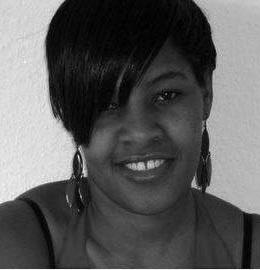
Behold, how good and how pleasant it is for brethren to dwell together in unity!
― Psalm 133:1 (KJV)
Never doubt that a small group of thoughtful, committed citizens can change the world. Indeed, it is the only thing that ever has.
― Margaret Mead
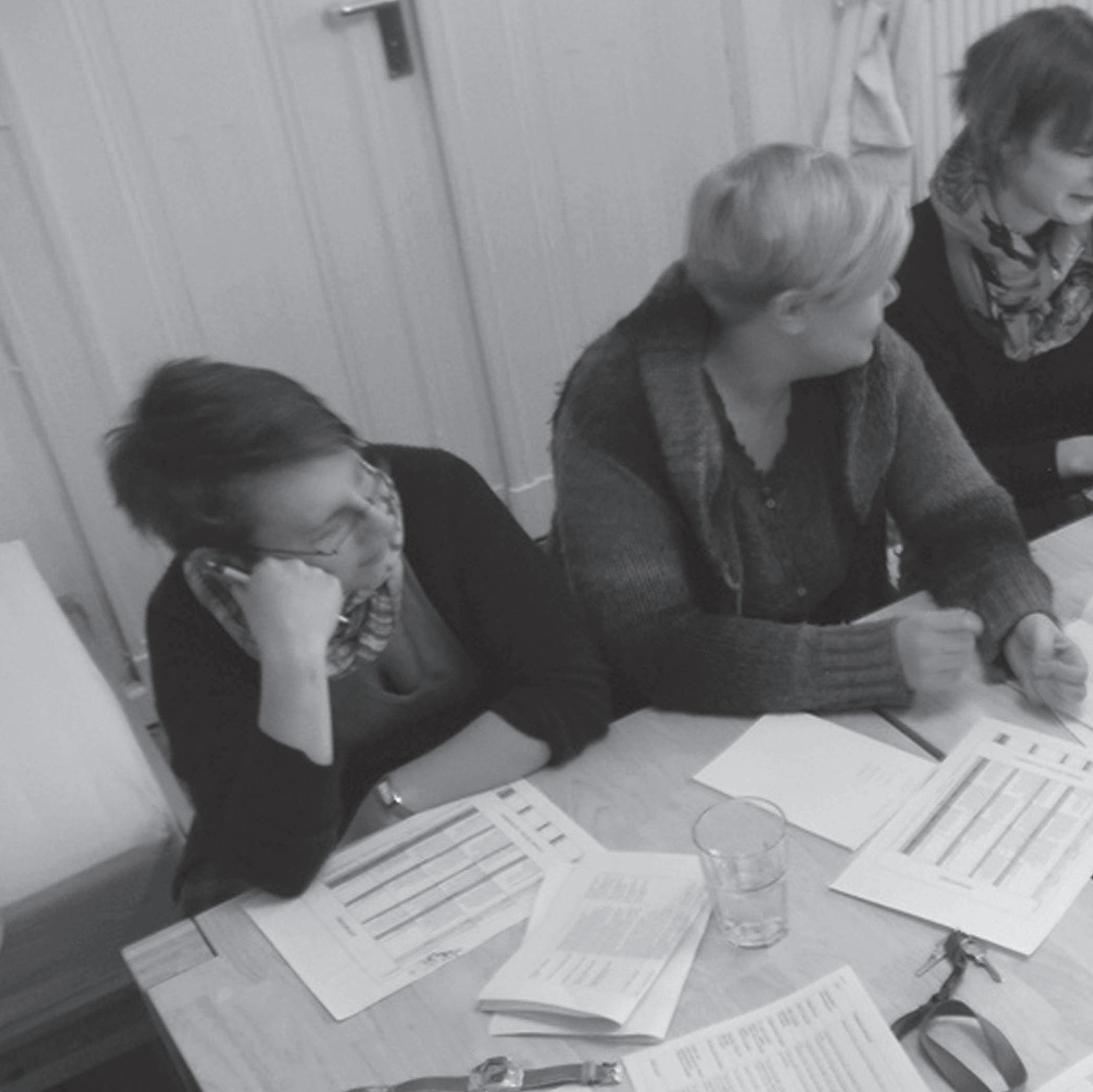
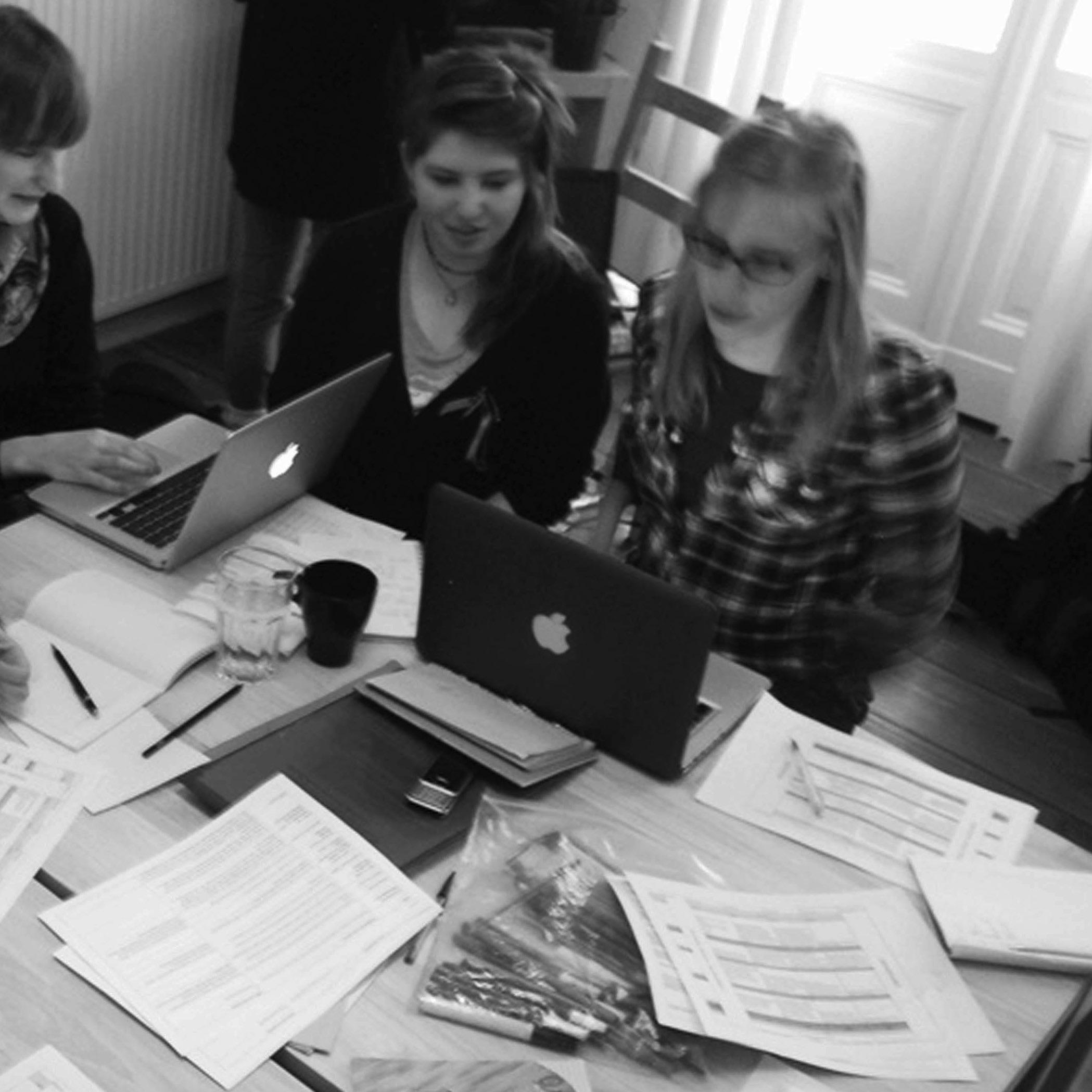
Wewere happy to serve as two of the five native English language instructors during the Lingua Franca conference this summer, in Miclăușeni, Romania. We were scheduled to teach English for 45 minutes a day, for six total days.
In reality, our English classes lasted the duration of the whole conference! Every moment was a learning opportunity, for us as well as the non-native speakers, because we shared a cultural exchange that cannot be
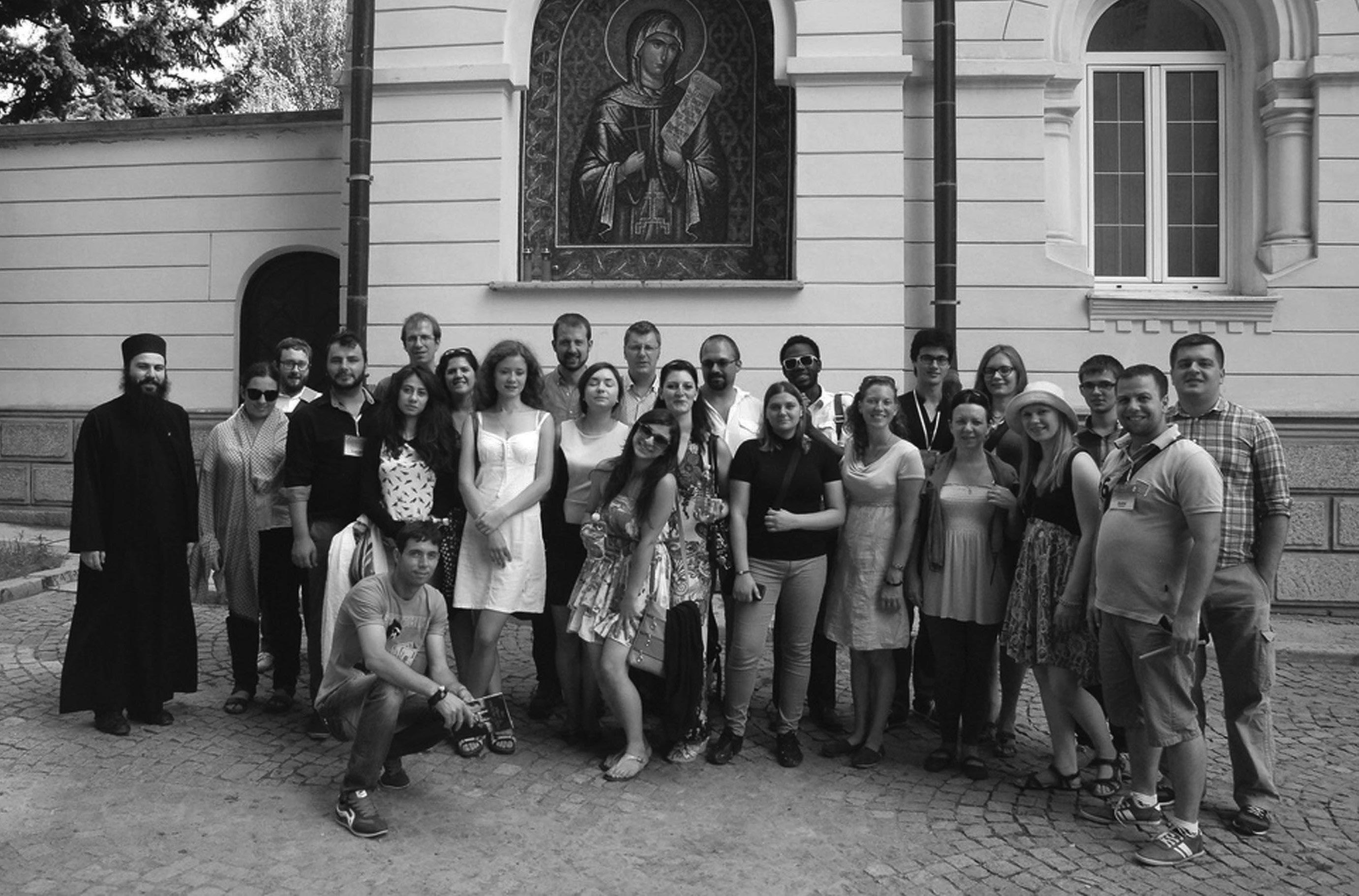
found in a classroom. The best way to learn a language is to use it - that is certainly true - but also to make mistakes using it, to tell jokes using it, to sing songs using it. That could not have been more true at Miclăușeni.
Each participant shared stories about their unique cultural identities, describing the religious, political and economic challenges and strengths of their respective homes. Sharing stories is integral to forming friendships, and forming friendships is vital to creating an atmosphere of encouragement. For the participants who needed more English practice, we watched with amazement as their newly-found friends encouraged them, sometimes translating difficult concepts into another language, and other times just lending a patient smile. Each stumbling block presented a new learning opportunity, and the English sessions we led gave participants an opportunity to ask specific questions about words or phrases they struggled to understand. The intellectual atmosphere at the conference was nothing short of warm and hospitable.
As the days progressed, Sarah and I watched as the participants improved their English skills as well as their confidence in using English – by the last days of the conference, we were amazed at how noticeably better everyone had become at speaking and understanding English! As language skills improved, the advanced topics in our sessions became more accessible, the discussion became livelier, the meals became more conversational, and the free time became more relaxed and inclusive.
Our formal language sessions were just a fraction of the total time the participants spent learning English. Most of the learning took place through cultural exchange and friendship. It was incredible to take some small part in it! You guys are experts now! �
Alex Moore is a graduate of the Irish School of Ecumenics at Trinity College Dublin, Ireland, where he studied Catholic-Protestant relations. He hopes to go back to graduate school to study youth movements within Christianity, especially in Eastern Europe. Alex is a convert to Catholicism.
Sarah Moore is a native of Columbus, Ohio and a recent graduate of the University of Pittsburgh. She is now an occupational therapist working with children with disabilities. The two were recently married and live in Pittsburgh, USA.
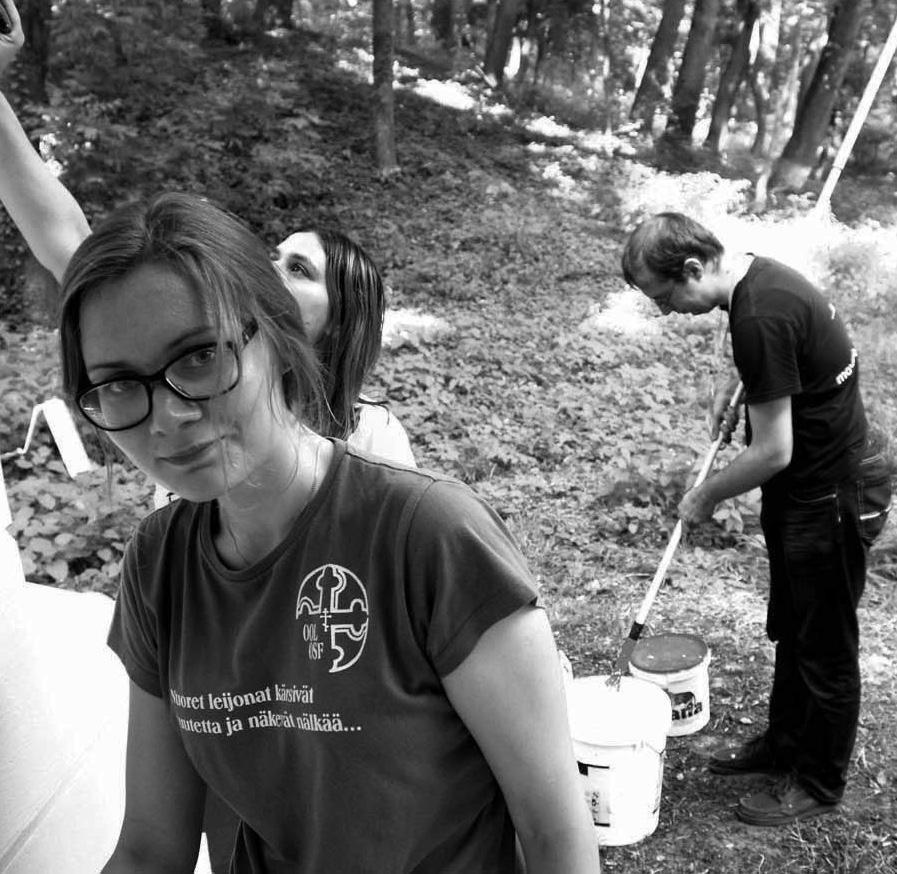
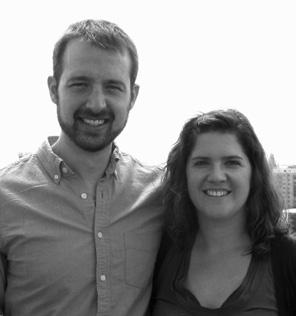
Getting to talk to Lucian during the WSCF Lingua Franca summer camp was quite a challenge –always running around trying to make everybody satisfied with the event organized at a place close to his heart, Miclăușeni, Romania. After all, for him, a Lingua Franca coordinator, the camp is a point of honour.

Pawel Pustelnik: How did you become interested in WSCF and the position of Lingua Franca coordinator?
Lucian Circlan: I studied Orthodox theology here in Romania and then I continued in Strasbourg, where you can find a large ecumenical center, so I became interested in the ecumenical movement and I have tried to find out more about WSCF also before the call for Lingua Franca coordinator position was launched. My first contact with WSCF E was through the website. I also came across your sister organization, EYCE. I have tried to apply for several meetings and events organized by WSCF, and I was selected to be a participant of “Gender: Revised?!” joint study session of WSCF and EYCE in Budapest, in November 2012. At the same time I have applied for the position of Lingua Franca coordinator and fortunately I was selected for the position. Of course, I was very glad and happy about this. Immediately after that we started to organize and discuss about the camp.
PP: What were your expectations when you were preparing your application for this position?
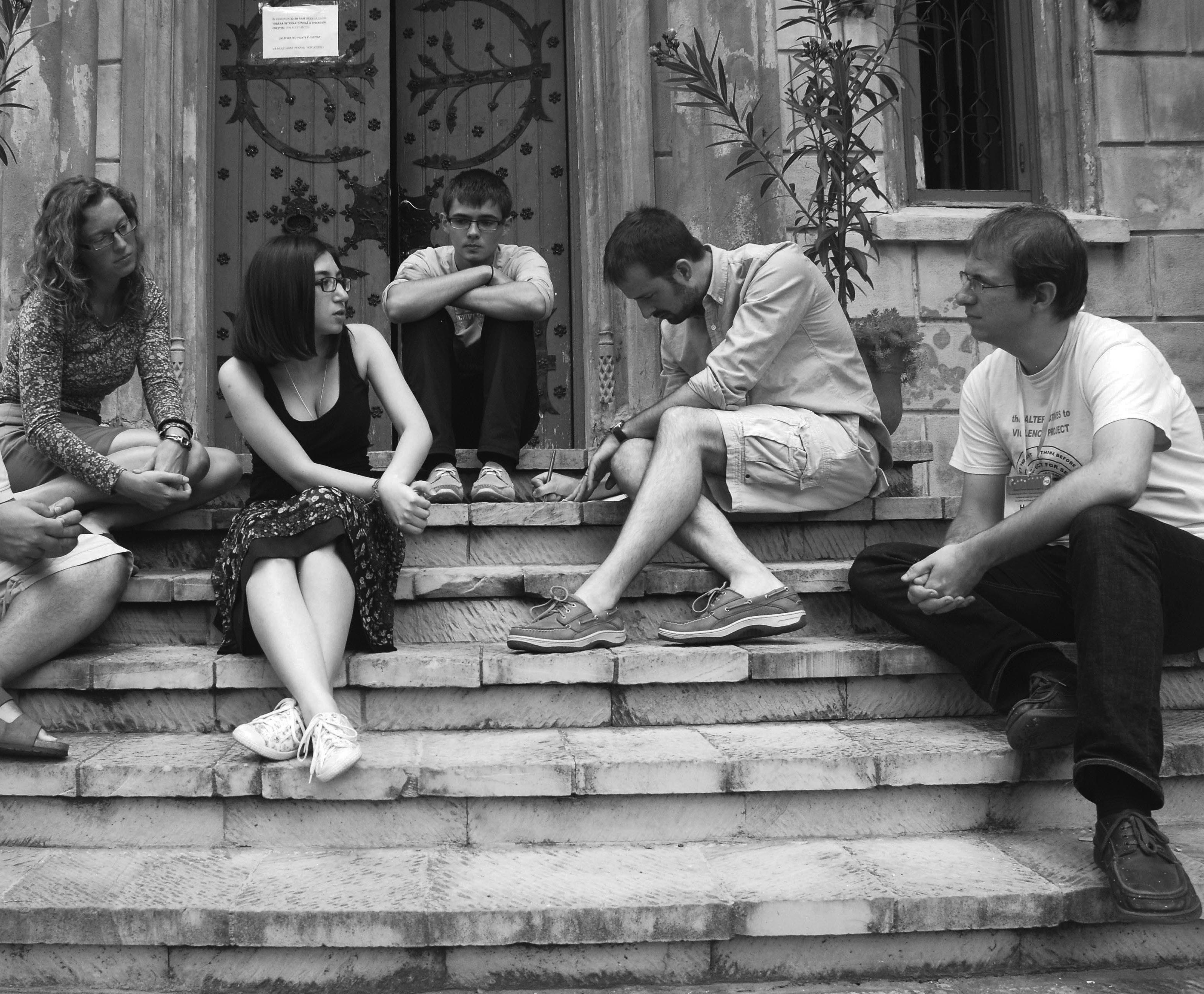
LC: I should say I had a lot of expectations regarding this project. Of course, I had also some activities and I was involved in cultural NGOs working with youth here in Romania before. In fact, this is my first international project as a coordinator and a member of the preparatory committee. I had a possibility to participate in ecumenical and youth international meetings before, but I did not organize one. So it was a challenge for me, and a new challenge always brings expectations. One of the biggest expectations was to make this edition of Lingua Franca summer camp to be an original one and I expected from the ERC members and also from the staff members in Berlin to provide me with more information about this in order to start preparation of this event. Also a possibility to meet some students and a lot of new cultures and traditions, even if, as a Romanian, I am from Central and Eastern Europe region, it was a challenge.
LC: I can connect this question with the previous one because one of my expectations was also that the fundraising for this project had been concluded, but I quickly found out that it was not so. We immediately started to work on this. So one of my fears was that we are not going to have enough time for the proper fundraising process for this event, because we have to remember that this is an important event for WSCF and we need a lot of financial and also human resources to organize such a camp. Another issue was that I still continue to improve my English, so it was also a challenge to improve my language skills. So in a sense it was worrying, but it was also a challenge, so I took it as an opportunity.
PP: How do you describe working with an international team in the preparatory committee?
PP: It is also a chance to meet a lot of new people, isn’t it?
LC: Indeed, it was a possibility to encounter a lot of students, ecumenical youth from various parts of the region. I heard about that LF targets on students from central and Eastern Europe. I just felt it like this is the right moment for me to do a next step in an ecumenical movement as a student, and try to improve the ecumenical movement here, through student organization, through WSCF, here in this part of Europe.
PP: What were your fears when you were starting this project?
LC: I would say that it was a very original experience, because we also had an intercultural background. In our preparatory committee we had Orthodox and Lutheran members, so it was an inter-denominational preparatory committee. Also, working together, being from different parts of Europe, and starting to prepare this project, it was a very interesting chance and activity. At the same time it was very challenging, because we did not have a possibility to organize our preparatory committee meeting immediately after having selected the members of the preparatory committee and we started to work online, using Skype. You can imagine how hard it is to do teambuilding via Internet…
PP: Not the best option, indeed.
LC: However, there was very nice atmosphere among us and we all were motivated about this camp, about this program, about the venue that was chosen for this camp and we started to work hard on this. I think the fact that we are here today at the LF camp in Romania, is also thanks to the preparatory committee worked
Very good for Lingua Franca to be organized in different countries and to encounter different cultures and different people there..
together hard and successfully. It was a unique and original experience for me to work in this intercultural space with such many people. But I would also like to add that we had the chance to have the Regional Secretary of WSCF-E in our preparatory, committee, which was a very important aspect and he made a very good input from his side, but also other preparatory committee members, who had previous experience, including Lingua Franca, but also other events of WSCF. So we had a rich and experienced team and this was really good, because we had a possibility to share our previous experiences in
order to build this program for the participants.
PP: The venue seems to be a perfect place for events like this. We have got both the castle and we have got the monastery, they have great facilities and accommodation. How did you uncover this jewel?
LC: The venue is not new for me, because my hometown Târgu Neamț is actually 30 kilometers from here and this venue now belongs to the local church… It is quite strange and interesting at the same time, because all the
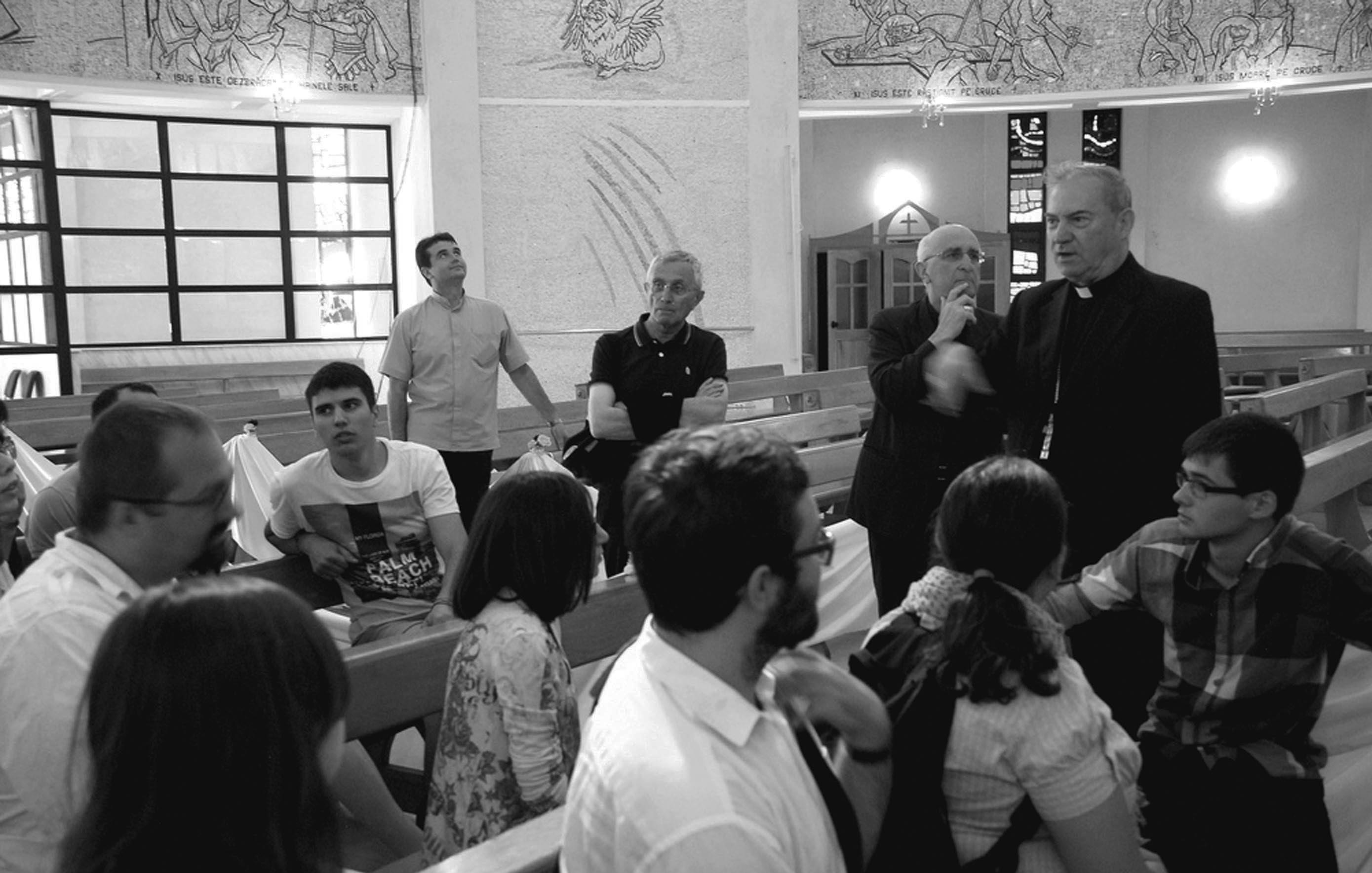
time during my study in Iasi, which is the biggest city in the region, I would go by the main road which is near the venue, but I have never entered the monastery area until the last year. In 2012 when we organized here a project with the local church – a project for the students from the theological seminars. It was a summer school; much like a summer camp, but with a lot of sessions and trainings. Our target people were future ecumenical leaders of our local church and the Romanian Orthodox church. So then, last year, almost in the same period, we had a possibility to discover this venue, which I think is probably one of the best venues here in the area where you can organize such an event. You can feel this special atmosphere that you can discover only here, in this part of Romania.
PP: Lingua Franca was conceived as a program mostly for Central and Eastern Europeans to help them with their English skills. How did you manage to address this goal during this camp?
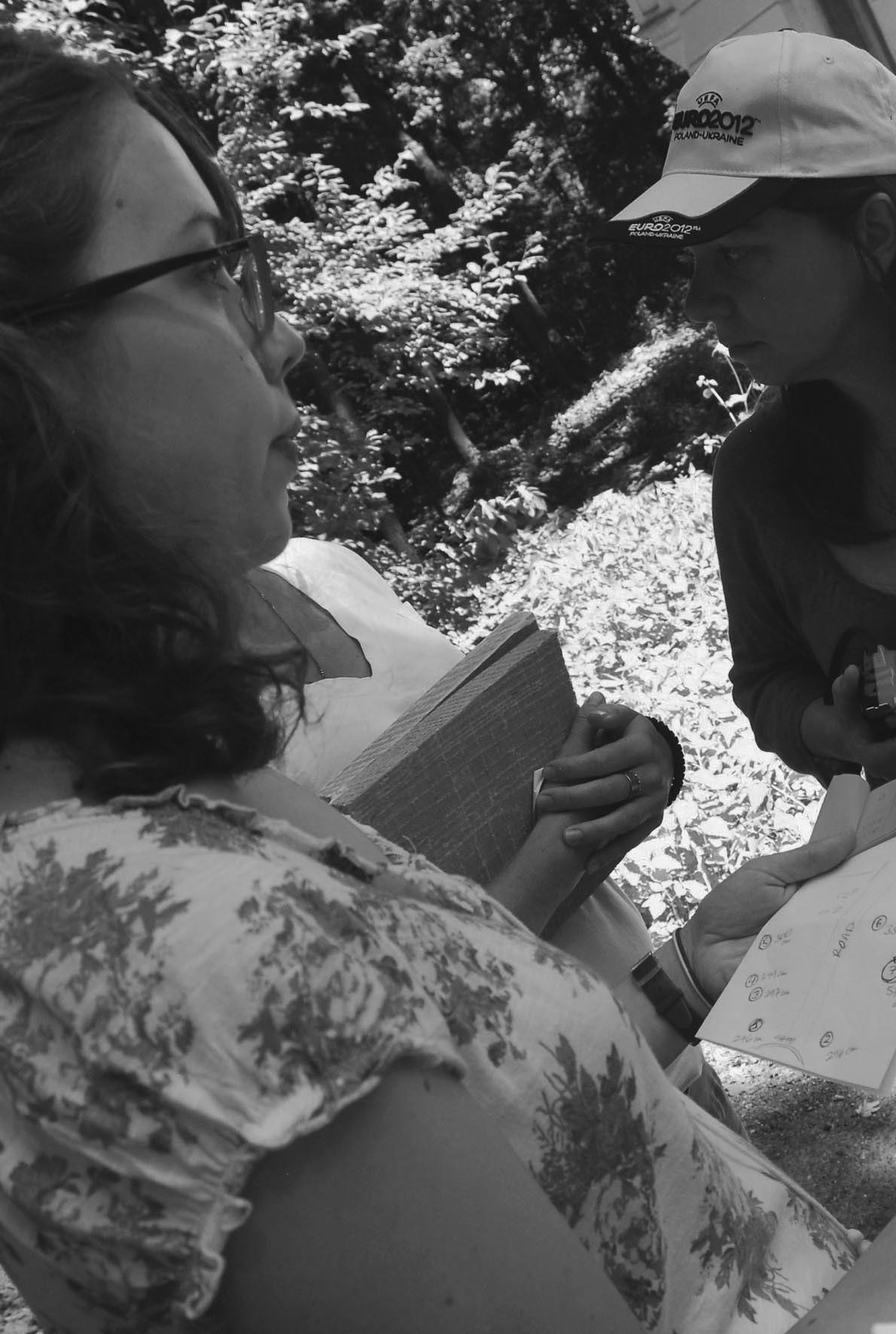
LC: All the time during our days here we keep reminding that the Lingua Franca has a long history in the activities of WSCF. Of course, the main goal of Lingua Franca remains to improve the English skills of the participants. But this year we thought it would be nice also to have a theme of our summer camp, and we chose a theme with specific sessions on this topic, keeping in the same time the language sessions as the one of things of main importance. But also we added a new part of LF for this year: a social project during which we help the local community. Regarding particular English courses, we decided to have English lessons every day for around
1 hour. The participants had an opportunity to have native speakers as facilitators of the sessions. They could continue the discussions during this session and in that space improve their language. We think it is an important space for them. After the language sessions they continued the learning in another space. They were helping the community here during the mentioned
Working together, being from different parts of Europe, and starting to prepare this project, it was a very interesting chance.Lingua Franca today and tommorow
social project. In the end I would like to underline that improving and using English was not the thing of that hour, which was dedicated to specific language training session – the whole summer camp is a possibility for participants to improve their English skills; for example theological knowledge in English, ecumenical experience, youth topics, hobbies. The participants of Lingua Franca summer camp had the possibility to improve their English skills here, and hopefully also after this event they will be more interested to continue improving them and to participate – why not – in the future activities of WSCF.
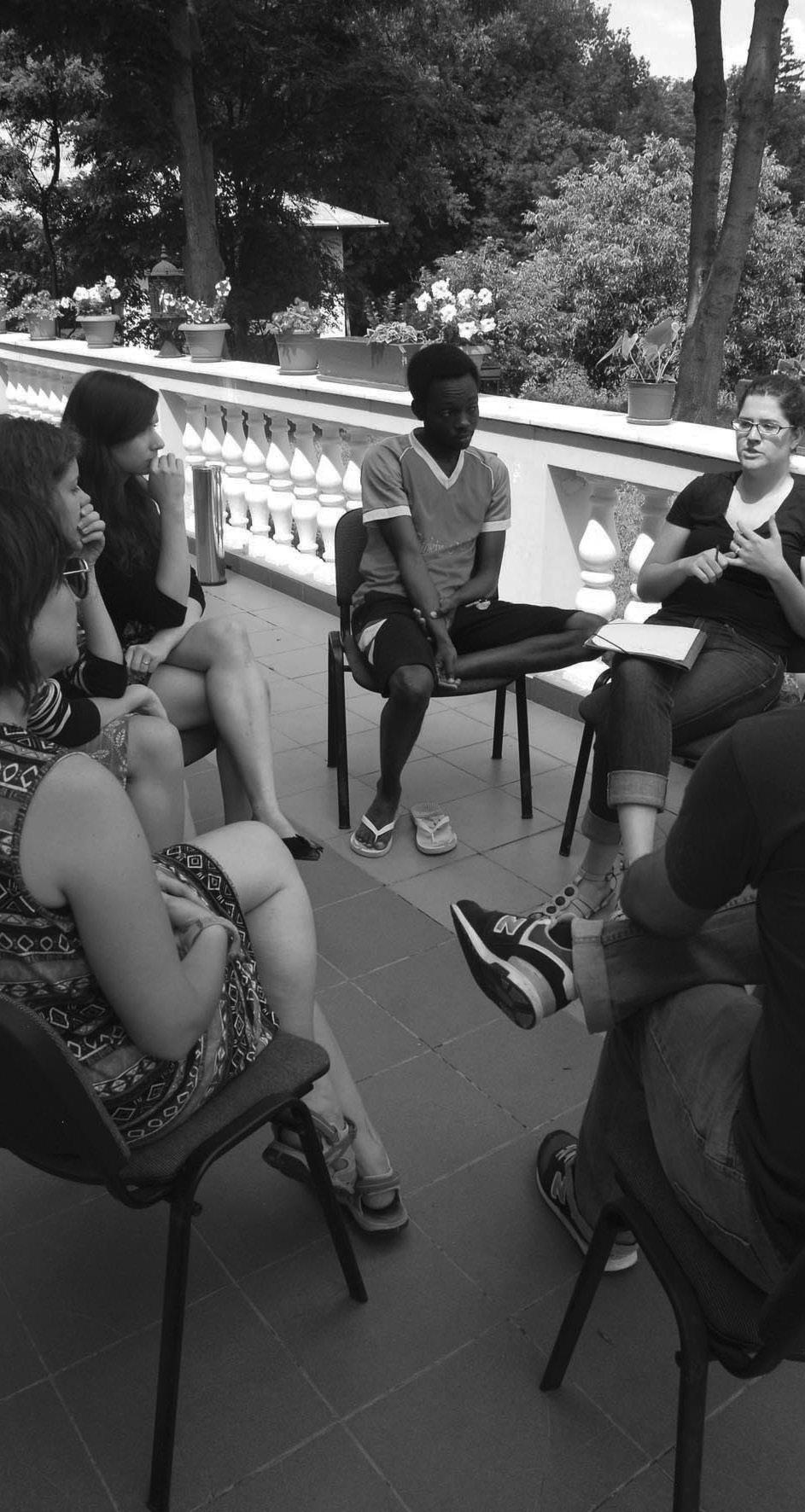
PP: Lingua Franca as a project will go on . What do you see as the good direction for the program to develop in the future?
LC: I think that Lingua Franca is a huge chance for the ecumenical movement in this part of Europe. I am very glad that this project is aiming at involving students and youth of this Eastern and Central Europe. Of course, every year you have to choose a new country and a new location – and it is very good for Lingua Franca to be organized in different countries and to encounter different cultures and different people there. But I also think that for Lingua Franca there is a possibility of adding something new every year. It can be also a conference, in can be a summer school, having more academic sessions, having social work, having English sessions, having ecumenical experience and ecumenical leadership training… The possibilities are endless! I’m very confident and I would like to underline that I would like this program to go on and to be improved every year and to motivate more the youth in this part of Europe to get involved in the ecumenical movement and to get new relations with WSCF and of course SCMs in the other countries. I think especially in this part of Europe, but why not with Western Europe? Why not with the UK, Germany, Finland, France and so on? I think this is more like a link program between the SCMs all over Europe and LF should remain like an important activity for WSCF Europe. �
A reflection on WSCF-Europe and Lithuanian Evangelical Lutheran Youth meeting in Klaipeda, 14-17. June 2013
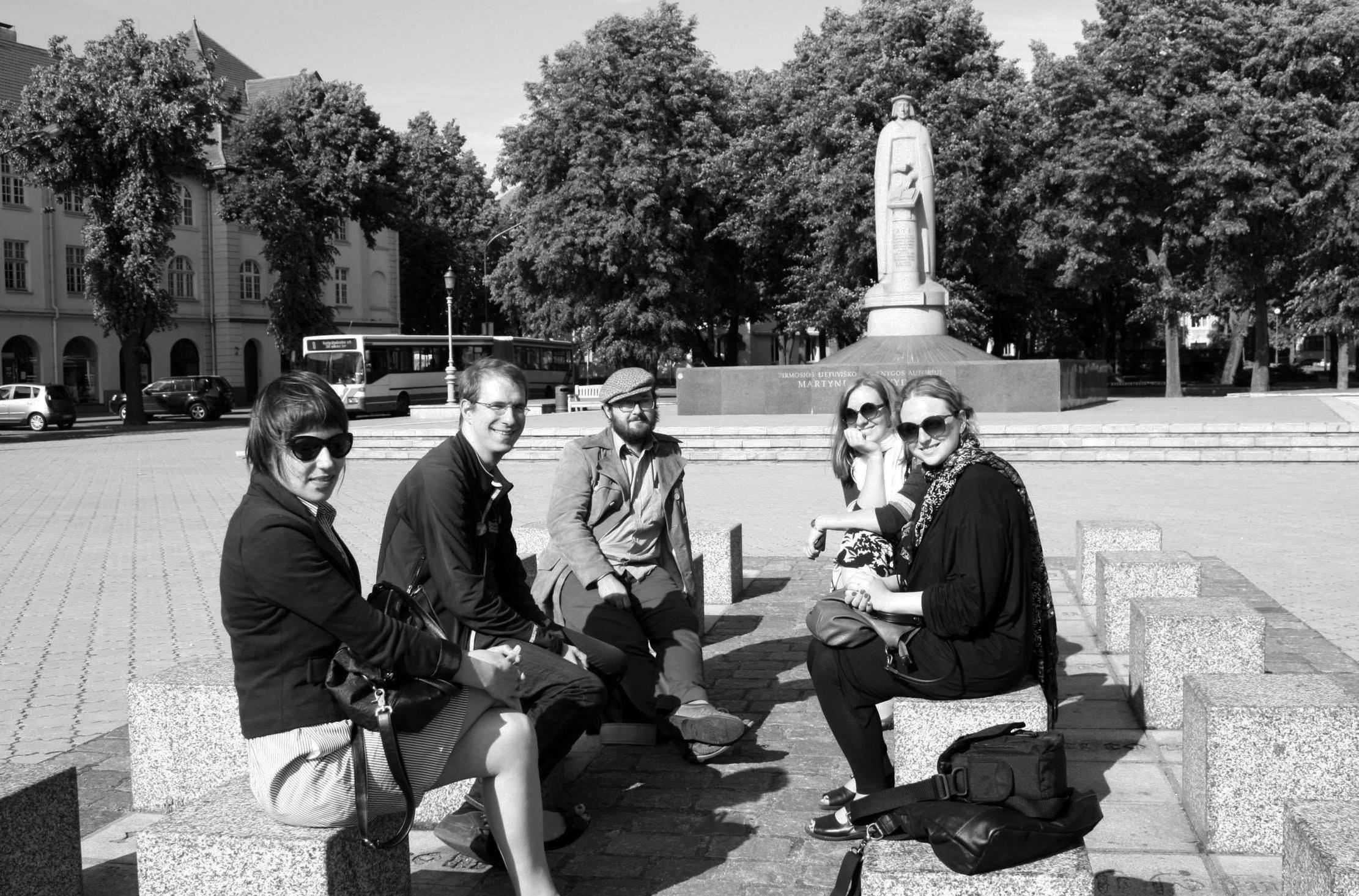
It was an incredibly cold and drizzly Friday when we met WSCF-E staff members Hans Hommens and Miro Pastorek together with Libby Lewin, WSCF-E Treasurer at a cozy port hostel. Although planned as a larger NordicBaltic region conference, the event turned out to be smaller than we had originally thought. The meeting was as homely as the venue; apart from the WSCF team there were only six members of the Lithuanian Evangelical Lutherans. Although the event took place at scenic Klaipeda city, there was not much time for sightseeing. The hours ran away like crazy and we had to plan days strictly to get the most out of our meeting.
We had so many things to discuss together. To begin with, we had an intensive talk about the work of Lithuanian Evangelical Lutheran youth organizations (Vilnius Evangelical Lutheran Academic Youth Fellowship and Lithuanian Evangelical Lutheran Church Youth Centre). Non-governmental organizations like this usually differ from each other not only throughout Europe, but also within countries. Lithuania is no exception. At the meeting we tried to explore all the differences between the Lutheran youth organizations – the way we work, pray, attract new members, organize various events... What is more, we also tried to explore the current financial situation, our partnership with other youth organizations and opportunities to strengthen our cooperation with WSCF-E.
We take pride in being involved with WSCF-E for nearly 20 years. It‘s good to be a veteran. Last, but not least, we viewed a presentation of WSCF-E’s work, their regional structures and future plans. An exciting opportunity for Lithuania to provide a candidate for the European Regional Committee election was also discussed.
It would be remiss of me not to mention one of WSCFE’s latest projects: Lithuania-Georgia SCM exchange. During this project, two people from each country will have an opportunity to visit their respective countries
for a weekend and participate in everyday SCM’ers work, to explore the way another SCM deals with its dayto-day problems and gain some new experiences.
These few days of our meeting disappeared in a flash. We all came back home full of new ideas, hopes and a willingness to get more involved into our SCM work. And change the world….in our own small way!
It’s hard to review everything that was discussed; overall, the best thing was how enthusiastic WSCF was about our SCM in Lithuania and what incredible events and conferences they organize. When you start to get involved in it, you just can’t stop- it’s just amazing!
Close and warm communication in a small group was a key factor in getting to know each other and also the differences and similarities of our communities. It was the first time the guests visited Lithuania and it seemed that they were really interested in Lithuanian youth work, our SCM structure and communications with the other Lithuanian SCMs. I also found it important that we tried to find answers on how to strengthen the cooperation between WSCF and our youth organizations. We considered how to share information about WSCF-E among SCM members in Lithuania.
– Agne, who participated in the meeting �
Lina Leonavičiūtė lives in Vilnius, Lithuania. She pursues a Master degree in Public Administration.
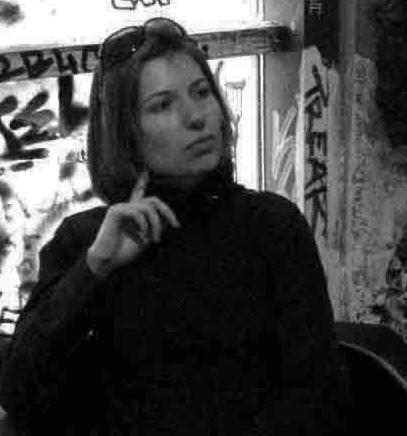
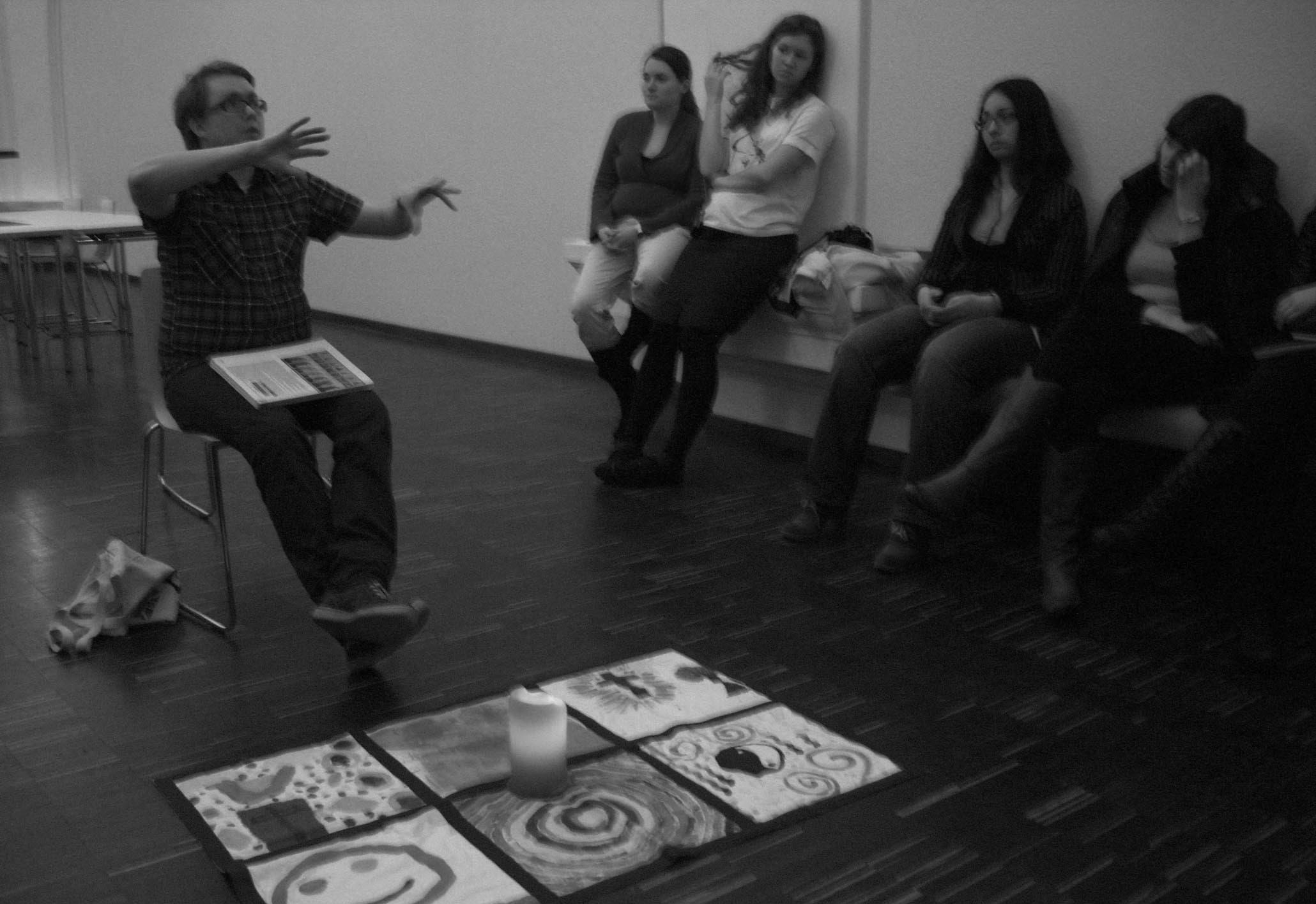
This is a report of the World Student Christian Federation Staff and Officers meeting that I attended in my capacity as Student Pastor. It focuses mainly on my personal experiences during this meeting and concludes with some preliminary observations and questions. The meeting was held 21-24 February 2013 in Vienna, Austria. Participants came from various countries in Europe: Denmark, Austria, Poland, Lithuania, Georgia and Italy among others.
When I opened the door of the room of the hostel we were staying in, Lela was the first participant I met. She is from a country I can but scarcely find on the map: Georgia. But it is soon apparent that she is much more worldly-wise than I. Barely two sentences into our conversation, she tells me that she studies in Budapest with a Dutch professor. As I know only one Dutch professor in Budapest, the personal connection is easily made. Lela is doing a Masters degree in Missiology and Contextual Theology with the Central and Eastern European Institute for Mission Studies in Károli Gáspár Reformed University. Studying in a Reformed university, she focuses, as an Orthodox Christian, on questions of women in mission in her own context. In Georgian society, 85% of the population belong to the Orthodox Church and the church has a patriarchal hierarchy firmly in place.
Later in the weekend I truly discover what a bright and talented woman she is. Her questions are sharp and to the point. She has no problem translating abstract academic, theological theories to her own particular context. I learn that she is part of a Student Christian Movement in Georgia, called Young Christians for Peace and Democracy. Their international outlook and emphasis on inter-religious dialogue is hugely controversial in a religious climate where the Georgian Orthodox Church promotes an inward-looking and isolating policy.1
“We do nothing without (the blessing of) the Bishop”; Zosia, one of the Polish students tells us in her report about the Polish Student Christian Movement. I look on with amazement with some of the students and staff members from Western European countries and whisper under my breath: “I feel very, very secular right now”.
The situation in Poland couldn’t be more different from that in Georgia (or from the one in my own country). The Student Christian Movement there, the Fellowship of Orthodox Youth in Poland, is firmly linked to the (Orthodox) Church, one of the minority churches in Poland. They are very active in social outreach and community building (all with the blessing of the Bishop!) yet possess little of the critical attitudes of (for instance) the Georgian student seems to express.
But still, these two female students came to an international meeting, representing their student movements and interacted with students from different Christian denominations. They spoke openly about issues like gender, justice and what it means to live out your Christian faith while being a student in a university.
The World Student Christian Federation is providing space and opportunities for students like Lela and Zosia to meet each other. A world-wide organization grounded in ecumenical dialogue, its main aim is to connect students from different Christian backgrounds to facilitate discussion on issues like gender, justice, solidarity and advocacy, culture, higher education and theology. The grassroots Student Christian Movements (SCMs for short) span from Lithuania and Georgia in the east and from Italy to Ireland in the west, totalling 21 in all.
1 (For more information: https://www.facebook.com/groups/113071960445/)
They are each either affiliated or associated members of WSCF-Europe.
What I witnessed most of all in this meeting of SCM leaders from different countries, is the difference WSCF can make in empowering these students. A significant part of the weekend was dedicated to training sessions such as ‘working together as a board’ or ‘what to do if your SCM is in crisis’.
I was fortunate to serve in a pastoral role during this Staff and Officers meeting (and quickly received the nickname of ‘Super Friend’!). I also facilitated a smallgroup discussion on fund-raising. It was encouraging to see students learning from each other and thinking about what potential and value their organizations bring to the societies in which they live and the churches to which they are connected. It was good to see students growing in confidence and vision over the course of a mere weekend.
My experience has left me with some questions and observations. First of all, I became hugely aware how very privileged I was as a student in the Netherlands (Dutch students generally are, in my opinion) and how unaware I was of the situations experienced by some students in other parts of Europe. Without wanting to stress this too much, one of the reasons so few Dutch students are passionate about topics like social justice, equality and gender might have something to do with the state of our very secular and consumerist society.
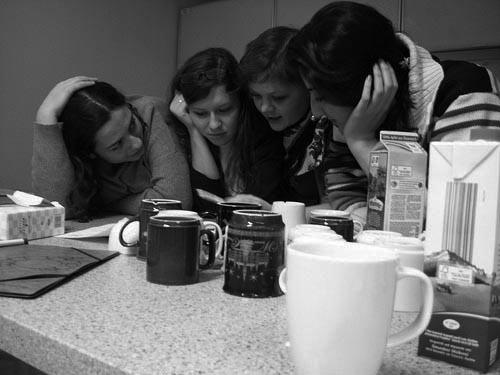
Secondly, I question whether I, as a Dutch student chaplain or our church has a duty of care or responsibility towards WSCF or towards students studying in places in Europe that we might not be able to locate without the aid of a map?
Let me try and answer this question with a final story of what I experienced during the Vienna Meeting. As I was saying my goodbyes at the end of the weekend, I found myself in a final conversation with Elfa. She is from Armenia, leading her Student Christian Movement there. During the weekend I heard her stories about how little attention the student movement is given by the congregation of the Armenian Orthodox Church (to which they are linked). During the weekend the group tried to come up with strategies to help her highlight the importance and value of her movement.
As she is studying Choir Direction at a conservatory, Elfa also proved to be a great help with the singing during worship times. When I said goodbye to her, she took off her necklace and offered me the little silver booklet that hung on it. I asked her if she was sure she wanted me to have it and when she said she was, I could not but accept it. It provided me with some food for thought and I concluded that at least for her, it was important that I was there. Perhaps in some small way I served as a role model. She probably did not realise how much her drive
and openness (and her ability to burst into a Christmas song in the snowy streets of Vienna!) inspired me too.
So yes, I do think that we as ‘Western European’ chaplains and churches need to open our eyes to the fact that not all of Europe is ‘a first world country’ (as one of the students put it). Some students live in societies where their voices in support of justice, equality and peace are greatly needed. Empowering these students, the Christian leaders of the future, should be our concern as well if we really care about the future of Europe and the Christians of the next generation.
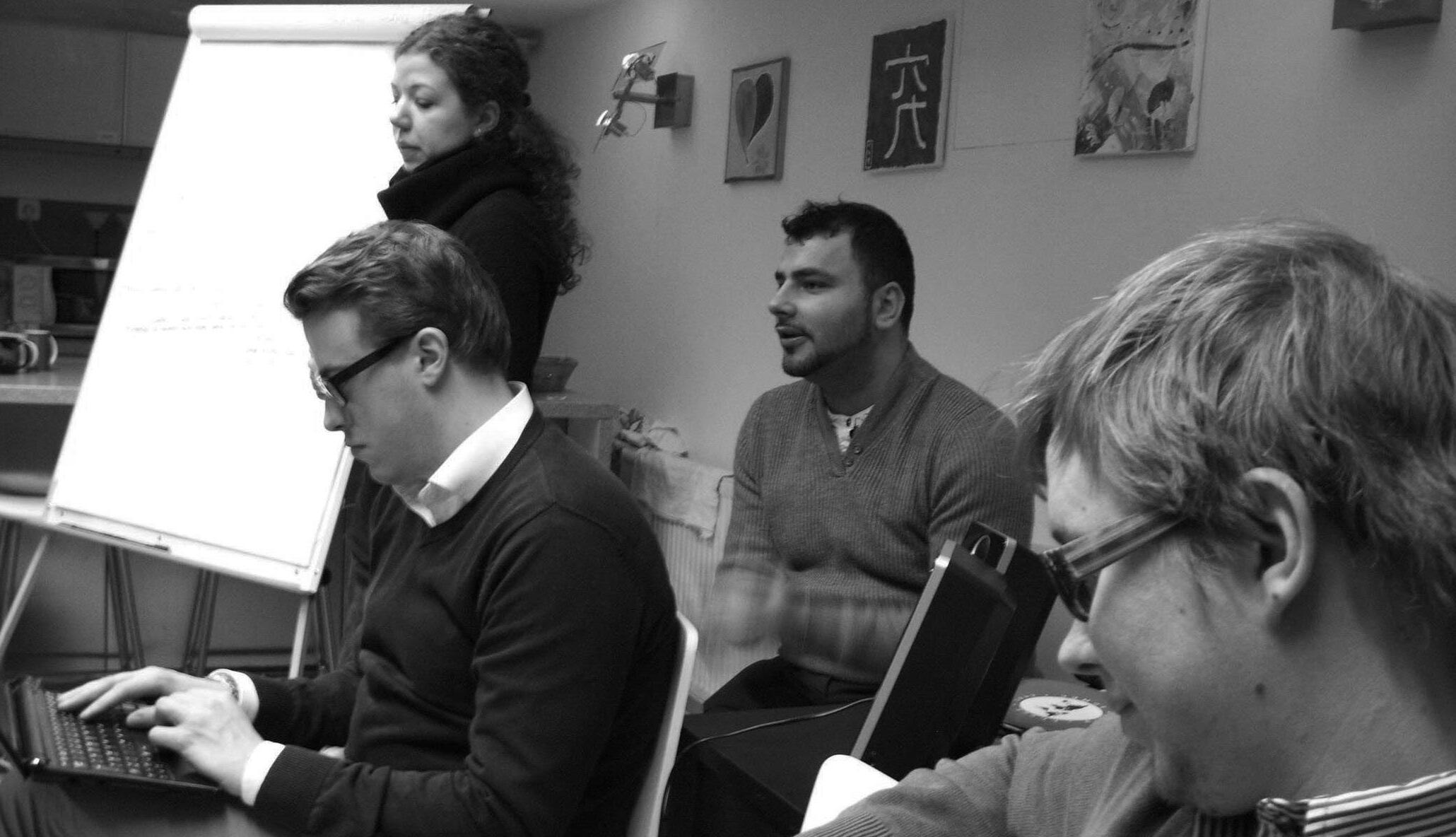
NB The names of the students are not their real names, for reasons of confidentiality. �
Annelies van de Steeg is an (Anglican) part-time chaplain for international students in Utrecht, Netherlands. She also works as a pastoral counselor (for slightly older people). In 2006, she graduated from Utrecht University with a Master’s in Biblical Studies and a year later she completed her vocational training. When not working, she likes to spend her time on friends and family, outdoor activities, reading and singing.
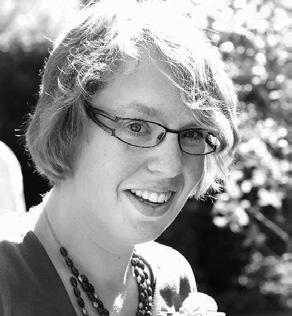
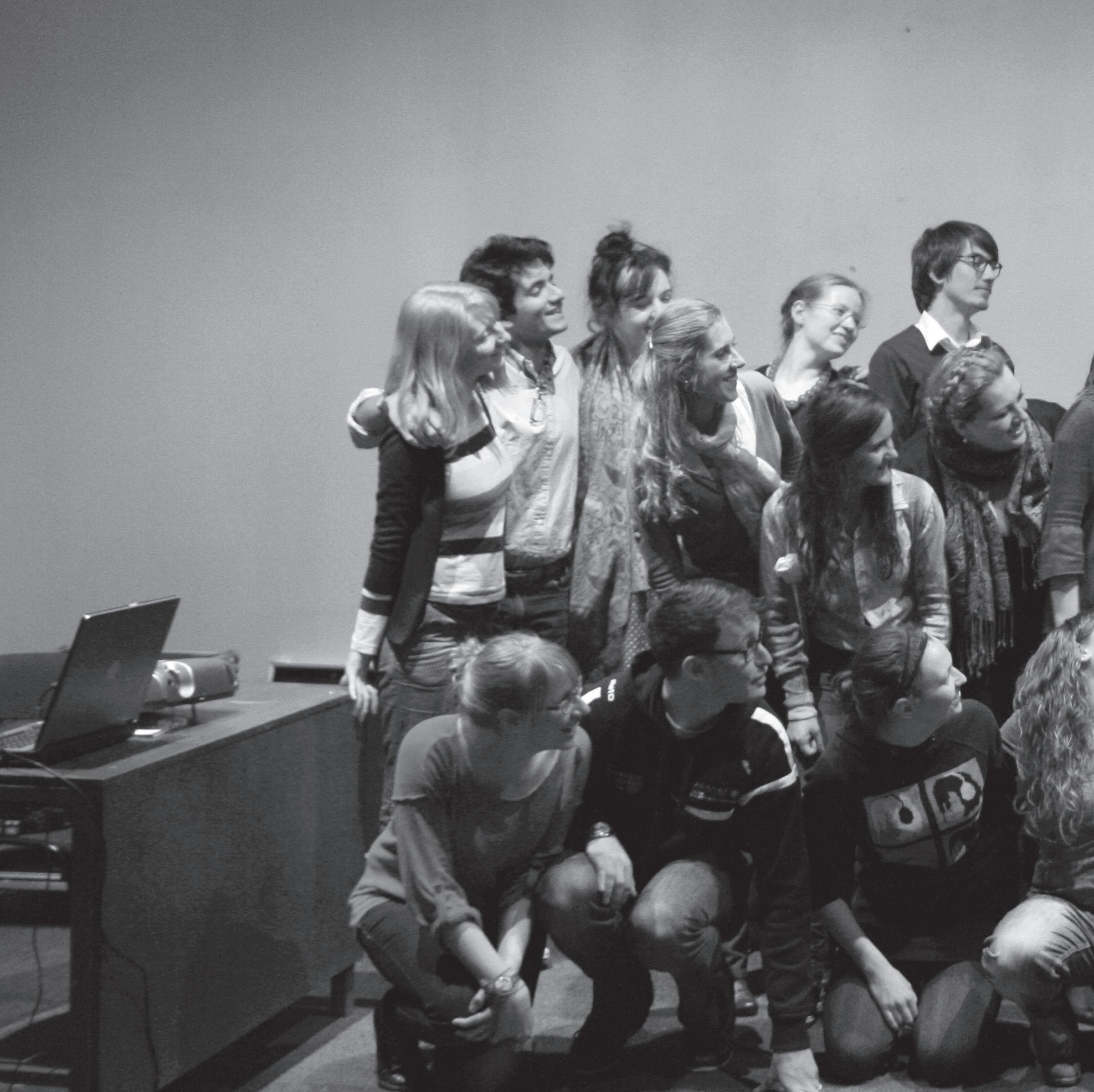
There is neither Jew nor Gentile, neither slave nor free, nor is there male and female, for you are all one in Christ Jesus.
― Galatians 3:28 (NIV)
"As the world community develops in peace, it will open up great untapped reservoirs in human nature."
― Emily Greene Balch
“We are one, after all, you and I, together we suffer, together exist and forever will recreate one another.”
― Pierre Teilhard de Chardin
54
Moving toward... Colombia!
– Santha Ready Alonso
56
WSCF Middle East: Youth and Prayers
– Elsy Wakil
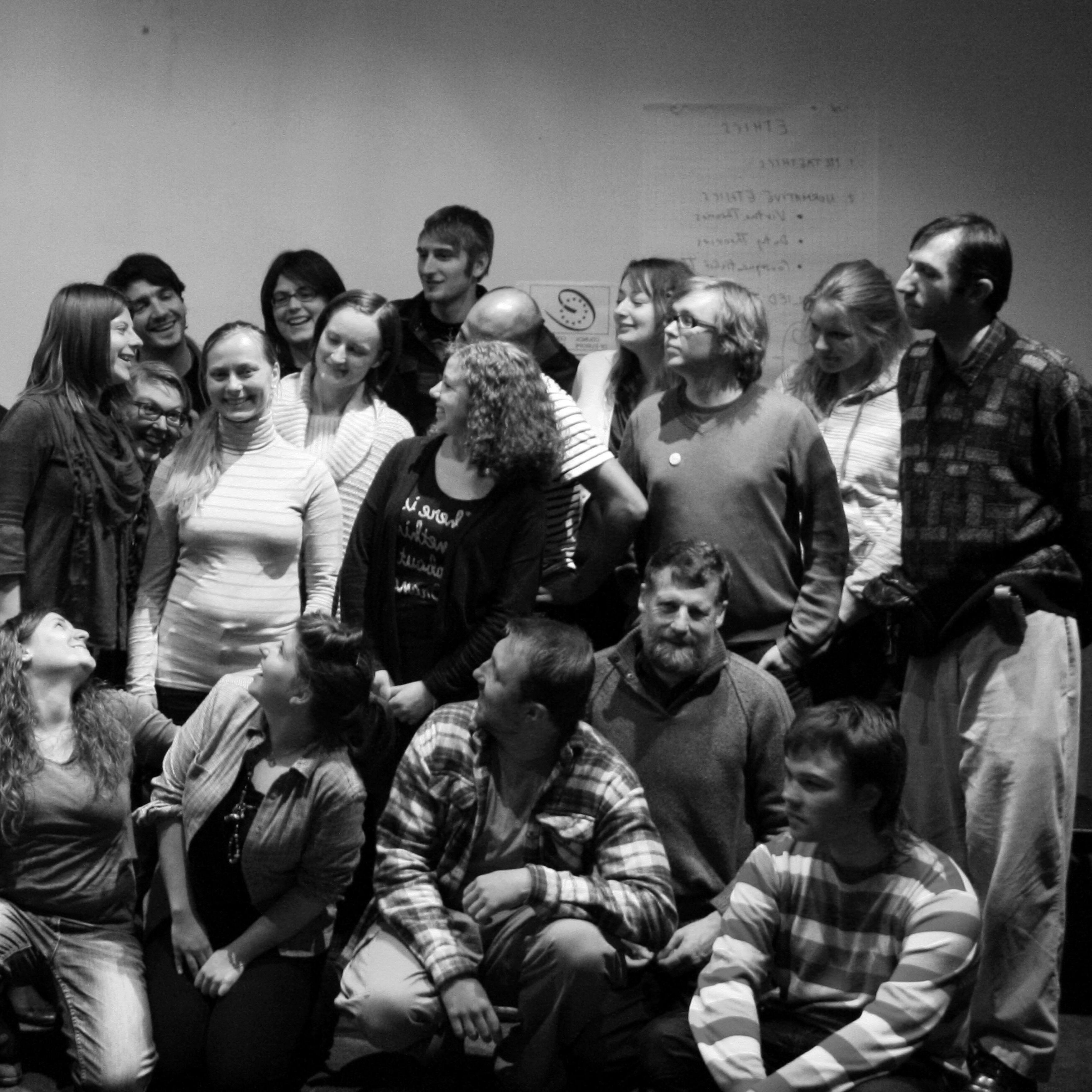
Plans are underway for the August 2014 WSCF General Assembly in Colombia. In the 2012 meeting of the Executive Committee in Berlin, we added Colombia advocacy and solidarity as a programmatic focus in the WSCF Strategic Plan, at the recommendation of the WSCF Advocacy and Solidarity Committee (ASC). The ExCo also decided to hold our next General Assembly (GA) in the Latin America and the Caribbean (LAC) Region, as it is the region’s turn in our “regional rotation” system and the LAC Region enthusiastically invited us to come. The original suggestion was made for Mexico, and upon further reflection and discussion, the region suggested
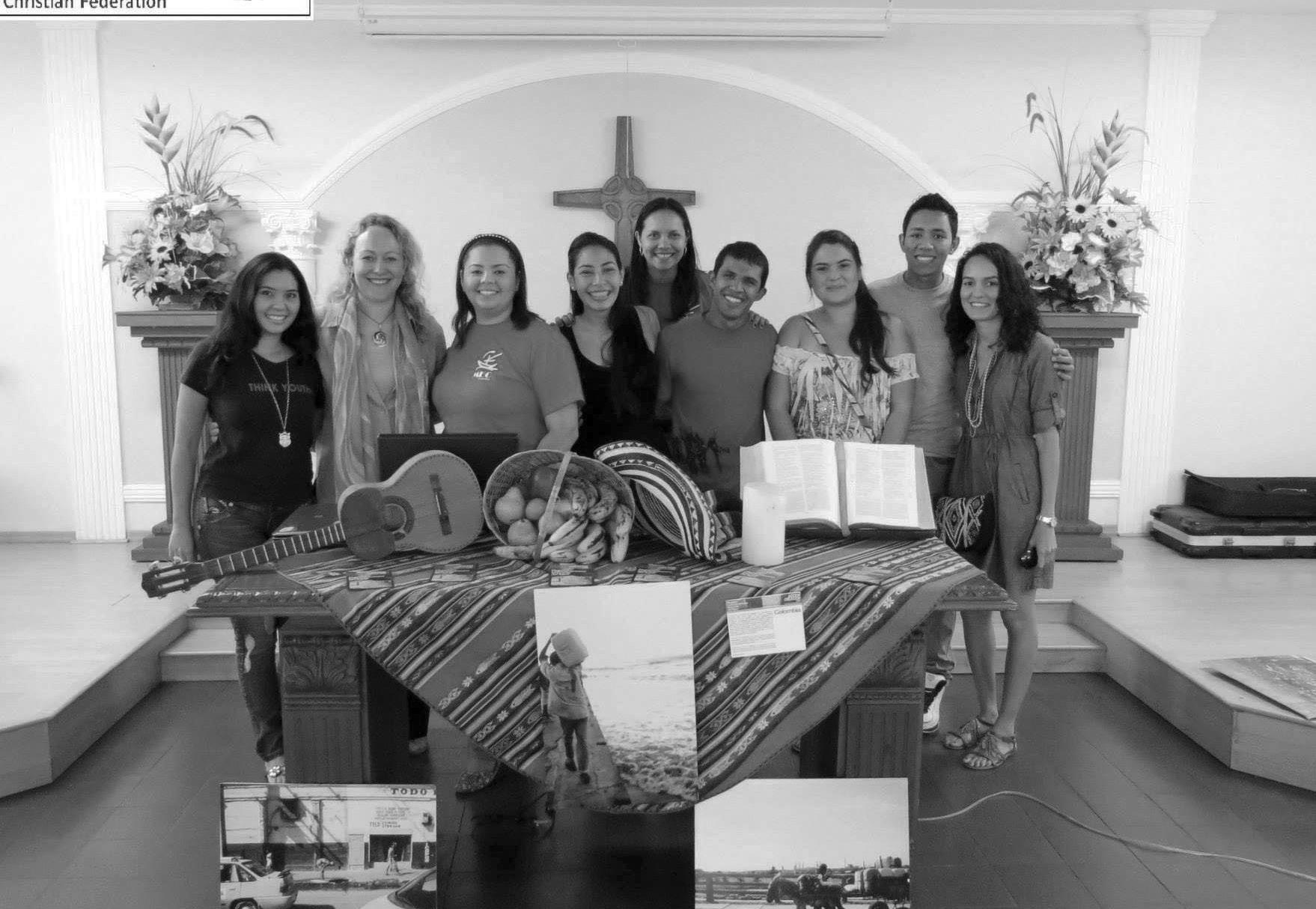
that we hold our Assembly in Colombia, in part as a tangible sign of our commitment to support genuine peace with justice in Colombia.
WSCF Chairperson Horacio Mesones, General Secretary Christine Housel, and Latin America and Caribbean Regional Secretary Marcelo Leites made their first visit to Colombia in July 2013, accompanied by WSCF senior friend and ASC member Chris Ferguson, who is currently living in Colombia. The group met with the SCM, churches, and church agency partners. All expressed welcome and support, and confirmed that it is a timely moment for an international ecumenical meeting in Colombia. The country is going through political peace talks as well as new levels of development and there is much to uphold and affirm, much to challenge, much to learn from the changes in the country. Our partners were eager to support our preparations, both in planning and in sharing stories of their work as an input into deliberations about WSCF’s role in mission, peace and justice advocacy, and development. We hope to bring visibility and support to the work for peace and justice in Colombia with the General Assembly’s presence there.
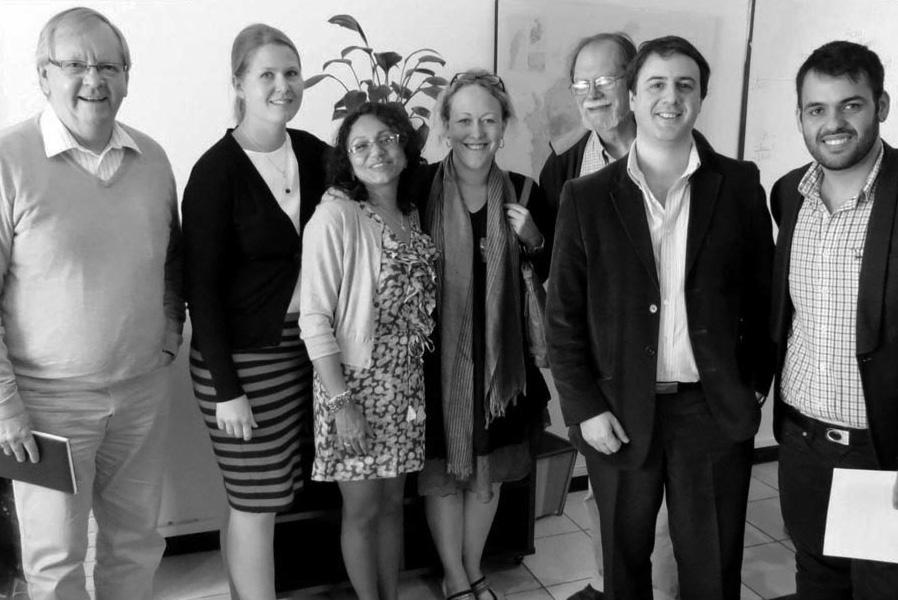
The agenda of this October’s global Executive Committee meeting in Seoul, South Korea will be focused primarily on planning for the General Assembly, knowing that this Assembly is important for the life and future of the WSCF. We will discuss the Assembly’s content and how to prepare the GA in a participatory way throughout the coming year. We will also count on the SCMs to make the GA financially feasible in these strained times for ecumenical organizations. In the WSCF General Assembly planning and preparation, the global staff will also promote the We are the Federation communication campaign, endorsed by the Executive Committee in Berlin. This campaign’s goal is to engage SCMers in developing an understanding of and opportunity to partake in the global community of the WSCF.
The ExCo meeting will be in conjunction with the World Council of Churches Assembly and with the peace and justice work of SCM Korea. This WCC Assembly is an important moment in the ecumenical community as global Christianity is shifting into new ways of being, and we all need to use these opportunities to think about how to move forward, together. The WCC Assembly also offers an important space for WSCF to lead in and to share the importance of our mission with the churches and ecumenical partners.
Stay tuned for more updates! �
Shantha Ready Alonso has served as WSCF Student Vice Chair since 2009. She works in Washington, DC as Field Organizing Manager with NETWORK National Catholic Social Justice Lobby, an organization founded by U.S. Catholic nuns with a mission to align U.S. laws with Catholic Social Teaching values. Prior to that, Shantha served as director of the National Council of Churches USA Poverty Initiative as well as engaged in local congregation-based community organizing. Shantha holds a Master of Social Work and a Master of Pastoral Studies.
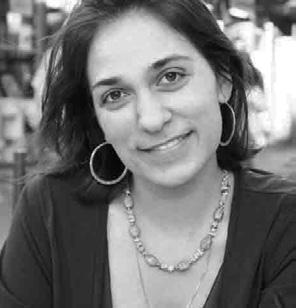
Middle East is the cradle of the three religions: Judaism, Christianity and Islam, the home of more than three hundred million people and a meeting point of all religions. Nowadays its suffering and is in an unstable status. Despite the war and the continuous instability, people forget and rise again, specially the youth who come together and fight against everyday discriminations, poverty and war… WSCF Middle East is one of those organizations who join together all the Christian youth movements from Egypt, Iraq, Jordan, Lebanon, Palestine,
Sudan and Syria under one roof to become one and embrace God as one and live the ecumenical life.
During the past two years, WSCF Middle East has organized lectures, conferences, social events and gatherings both regional and local. In the summer of 2012 WSCF Middle East organized a yearly youth gathering “Aya Napa 27-th“ which was titled “The Youth and Freedom in Church and in Society”, held in Broumana, Lebanon. Participants from all the regional countries participated in the event, and discussions evolved around the latest Middle Eastern problems and the Arab spring. After the Aya Napa meeting, the Regional Meeting was held in the same location and all the regional movements’ presidents or representatives participated to discuss and to resolve the new problems facing the youth and Christianity as a whole. In January 2013 WSCF Middle East organized a one day event dedicated for the prayer week’s “Pray together for the Unity of the Churches” which was held at the Saydet El-Bir Church
